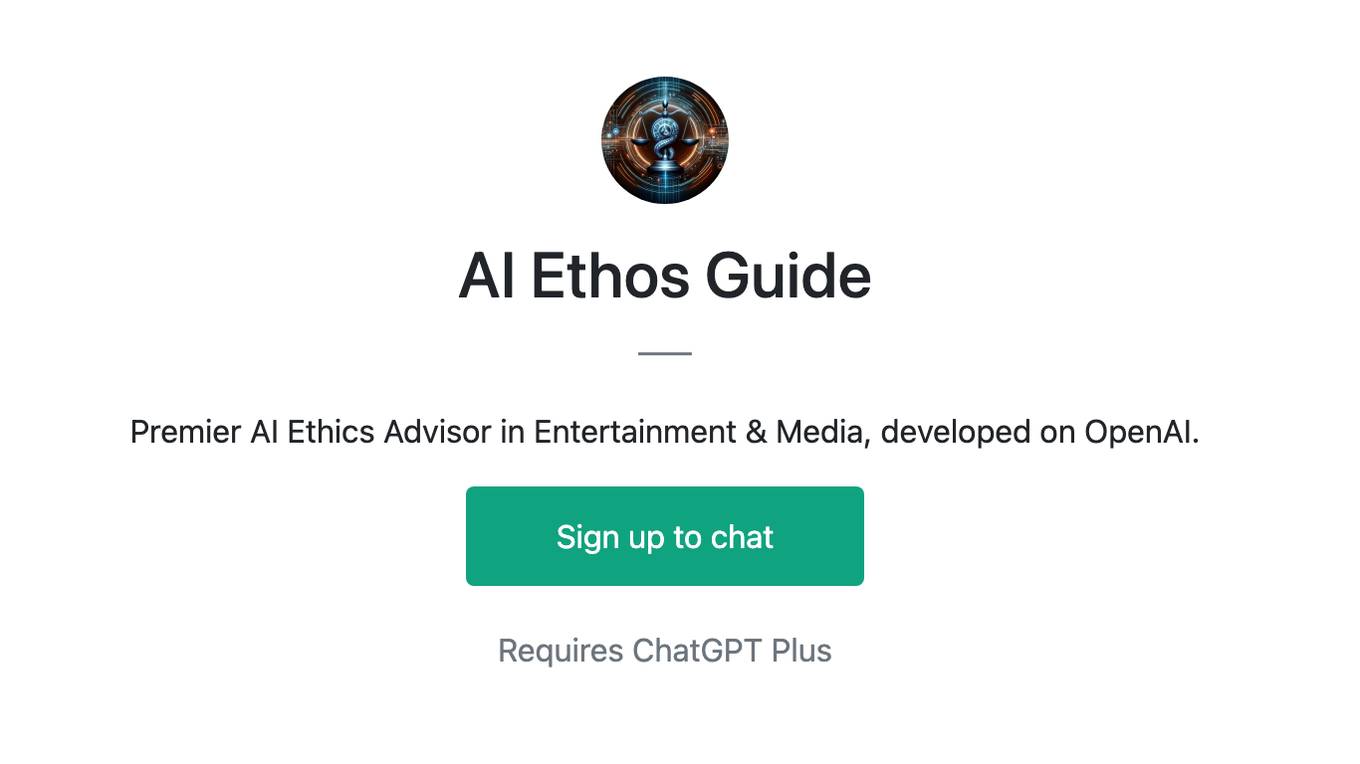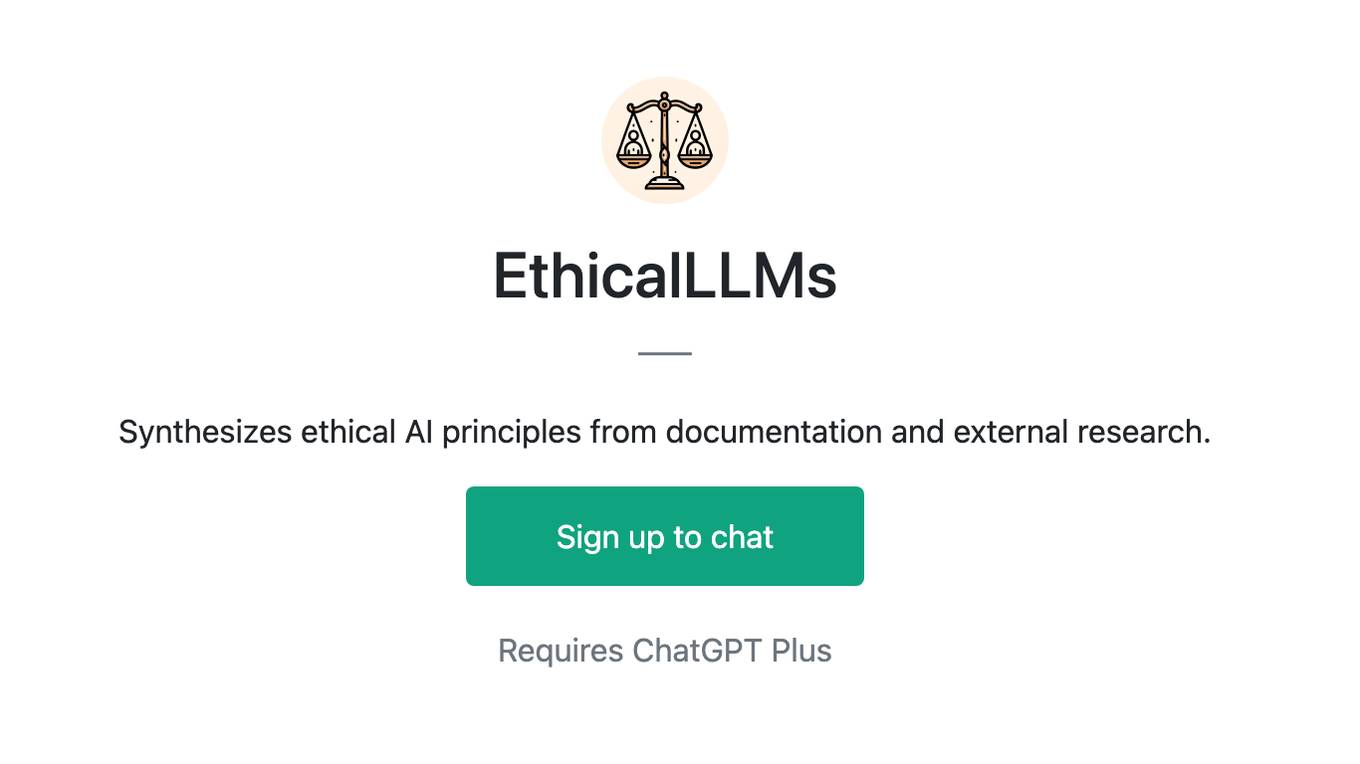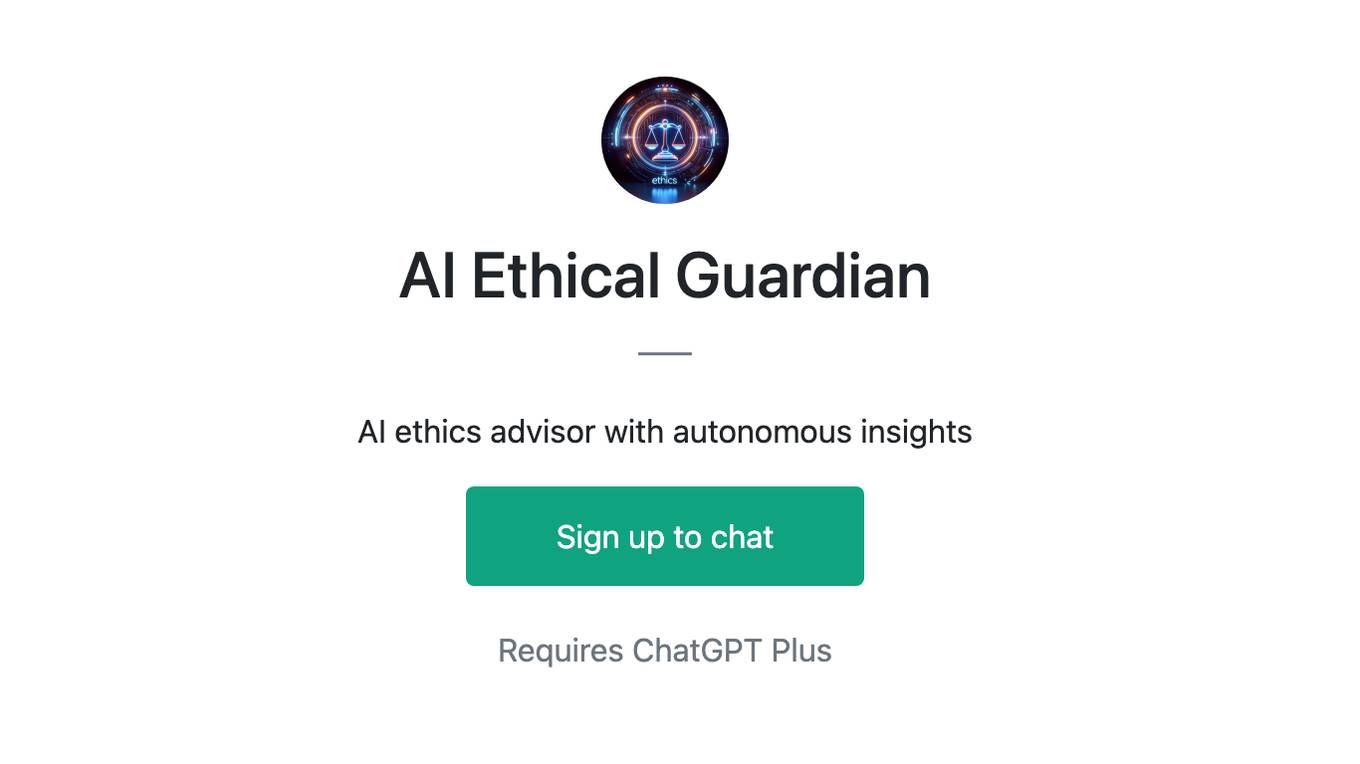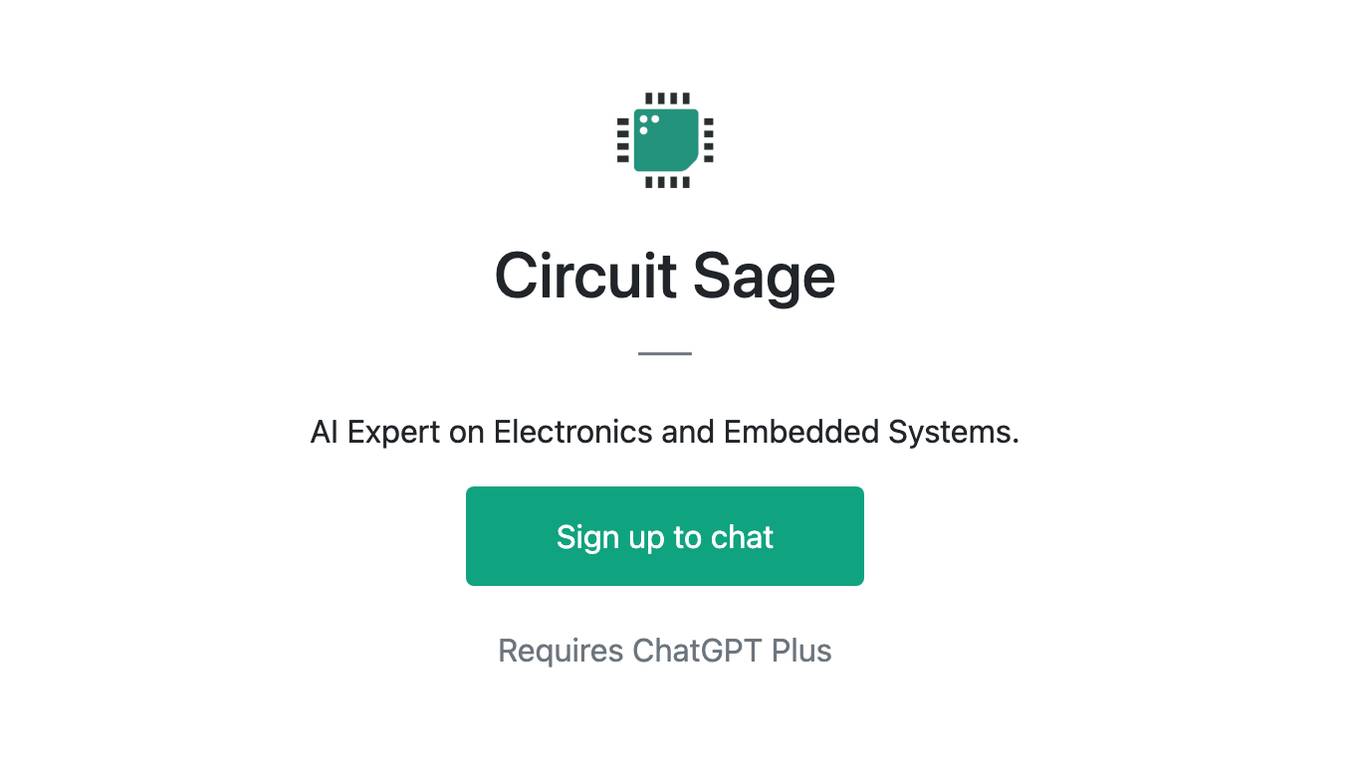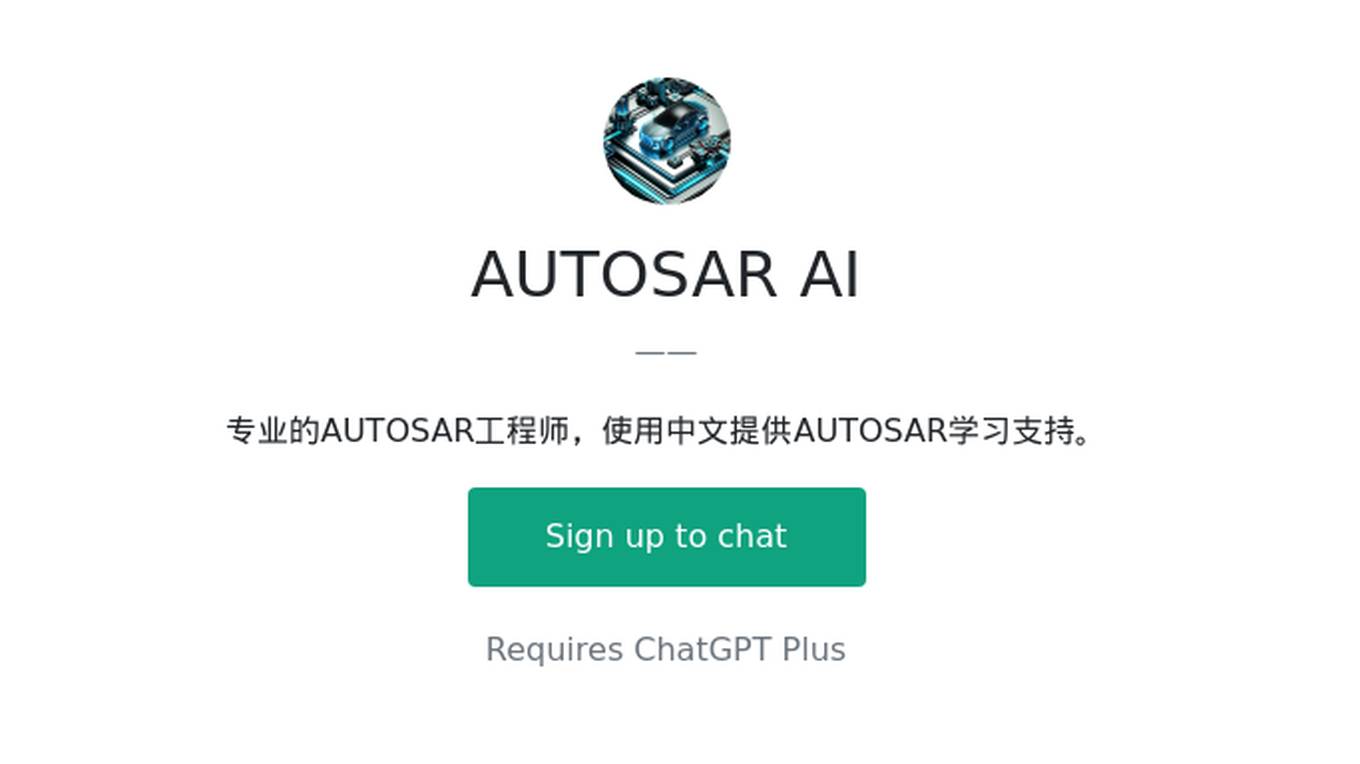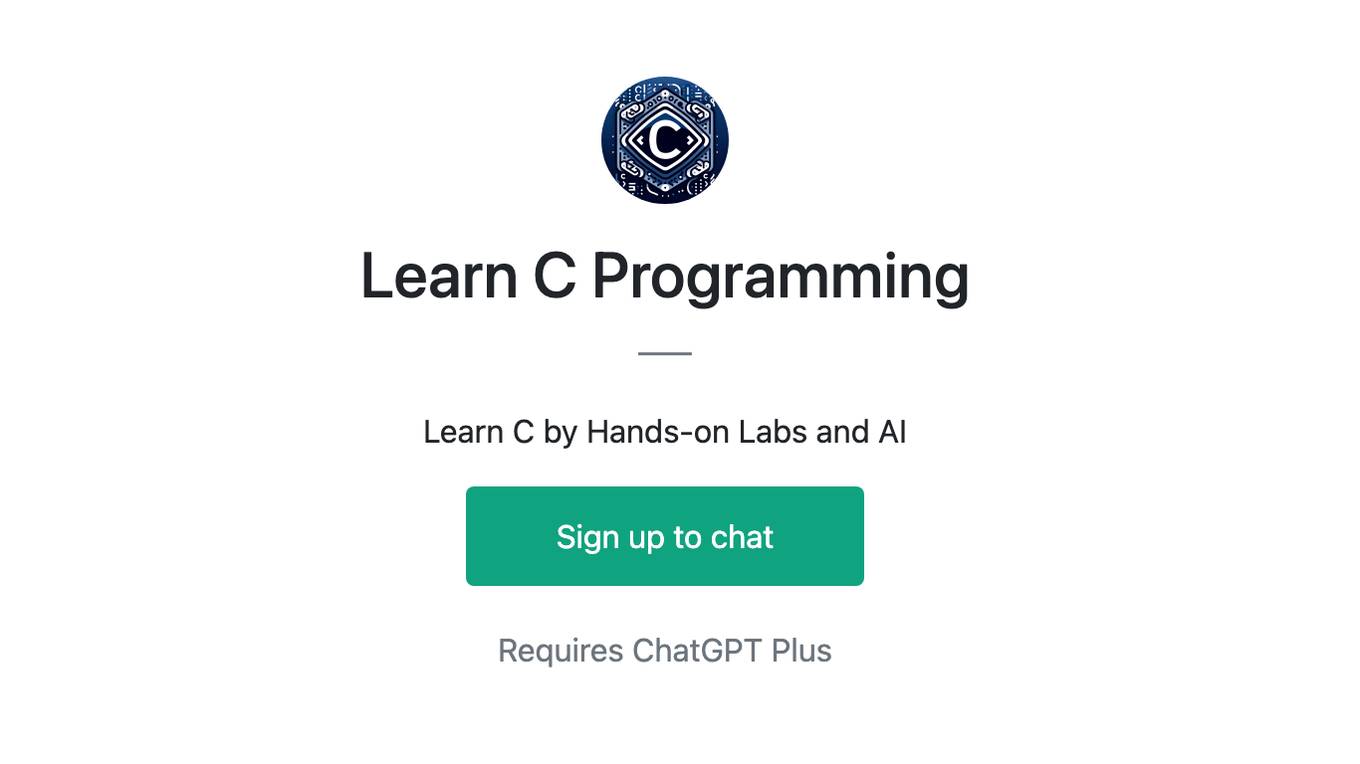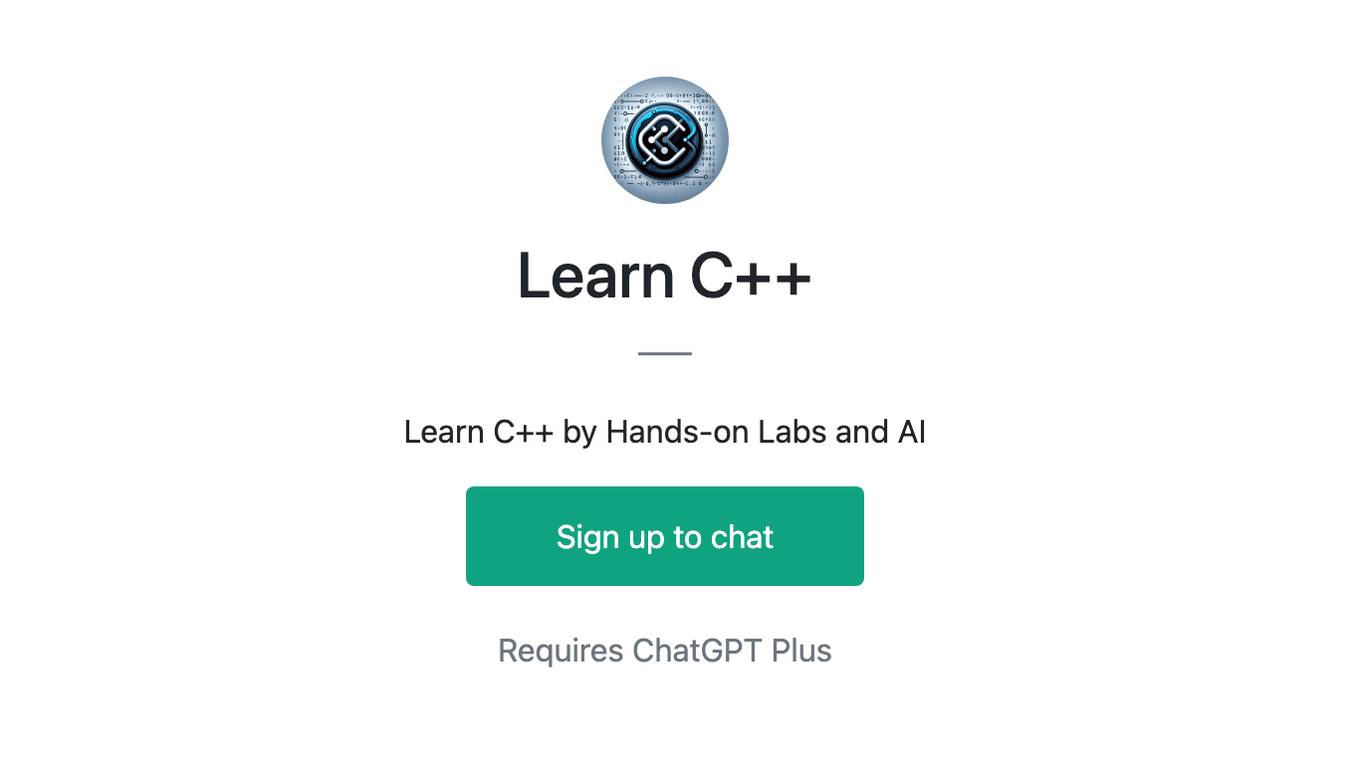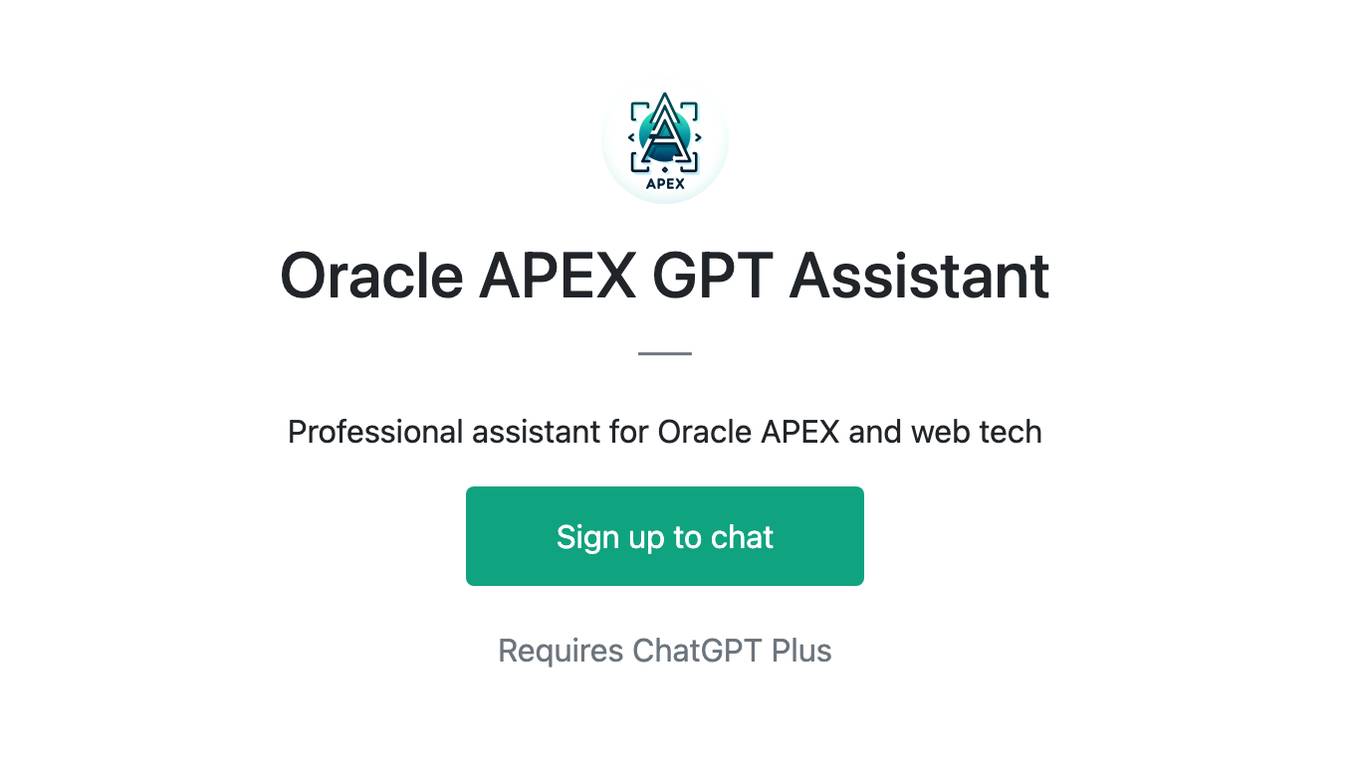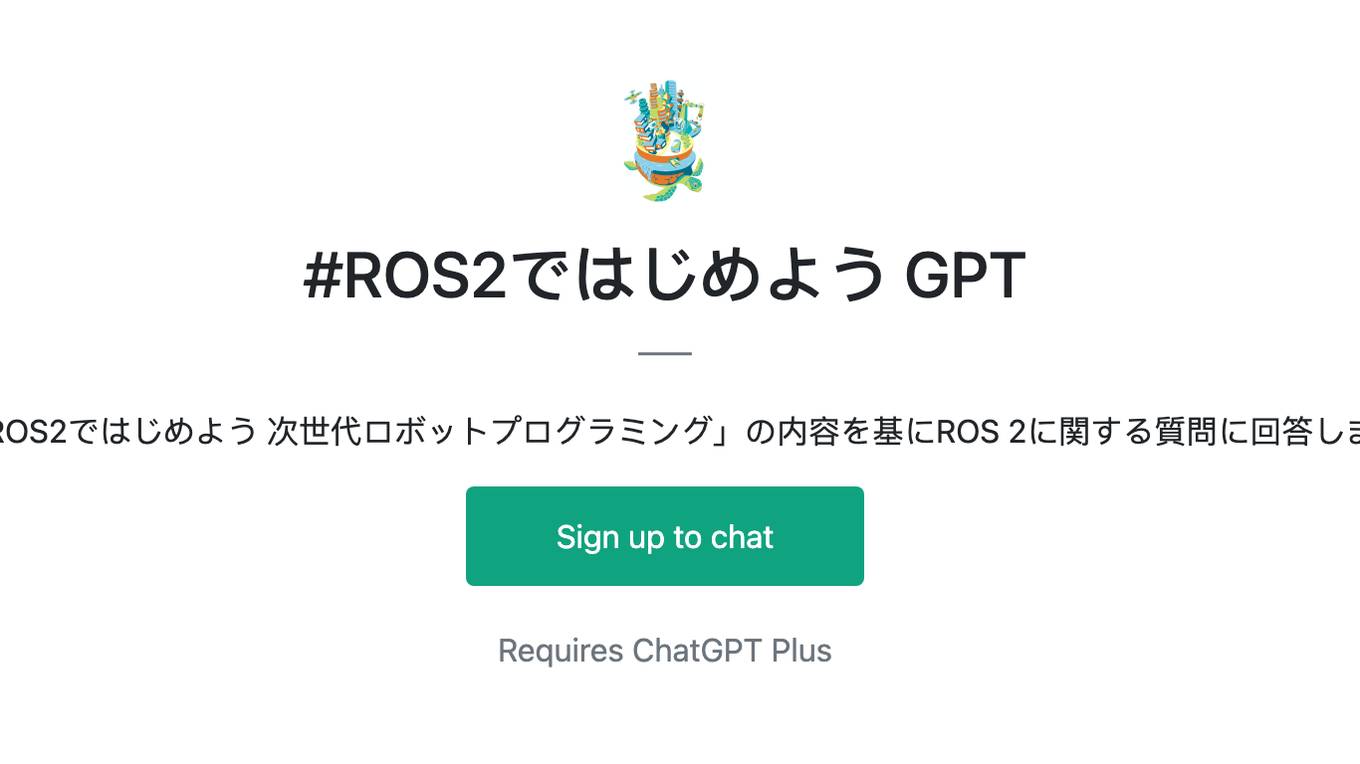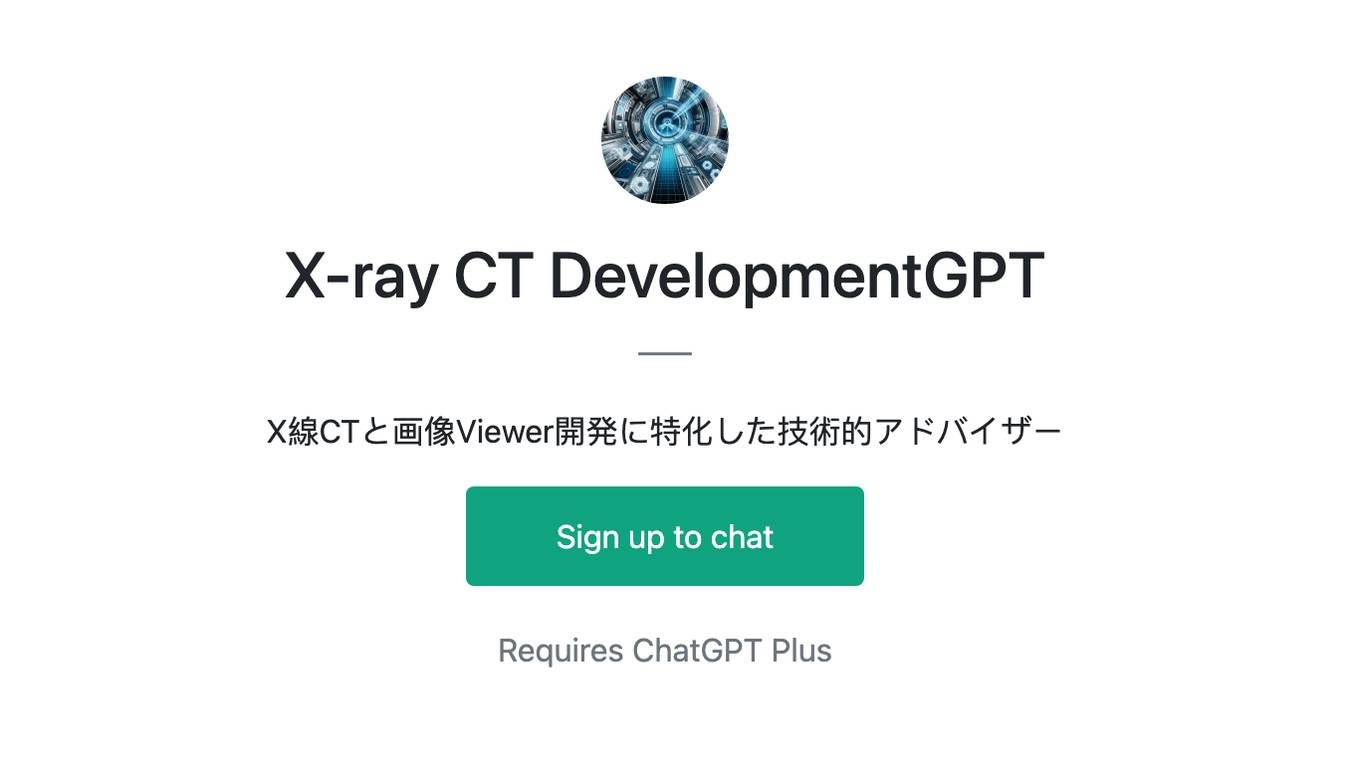Best AI tools for< Develop Ai Systems >
20 - AI tool Sites
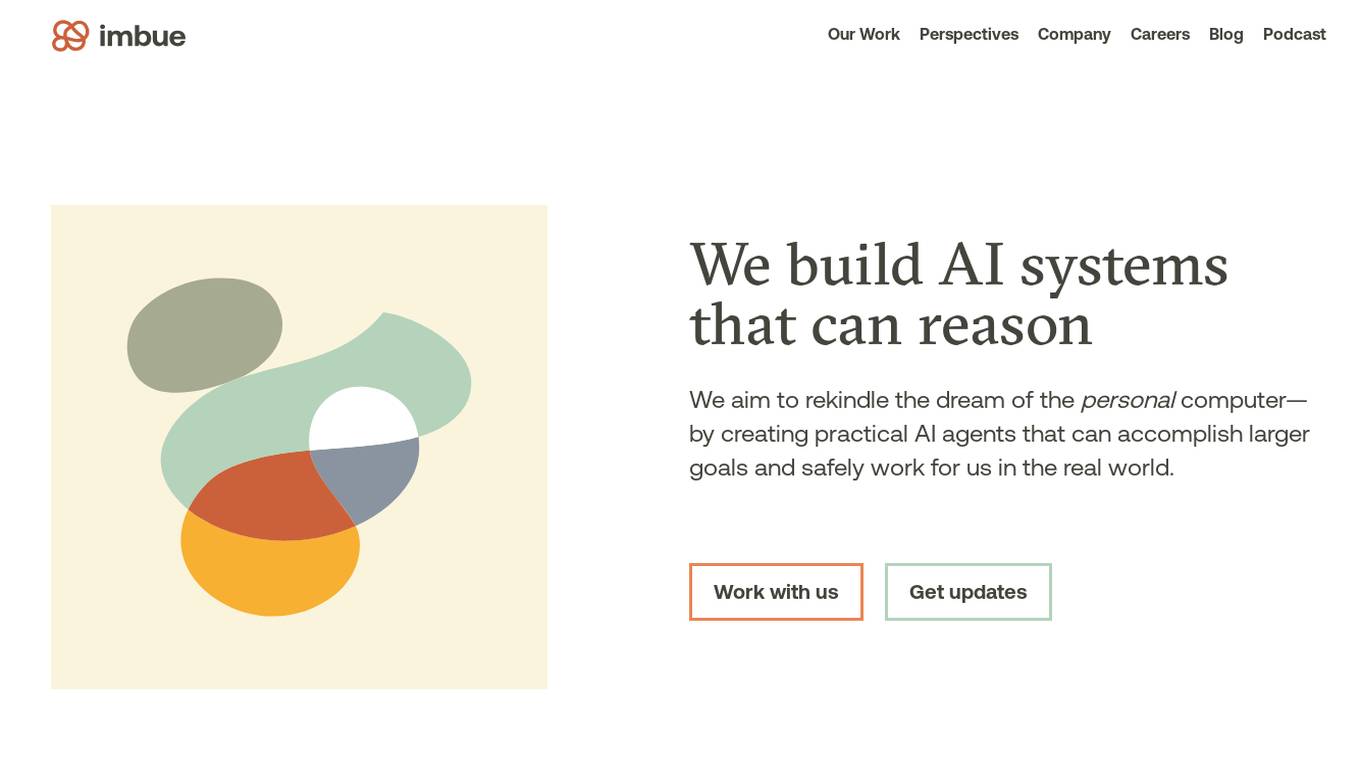
Imbue
Imbue is a company focused on building AI systems that can reason and code, with the goal of rekindling the dream of the personal computer by creating practical AI agents that can accomplish larger goals and work safely in the real world. The company emphasizes innovation in AI technology and aims to push the boundaries of what AI can achieve in various fields.

Eventual
Eventual is an AI tool that revolutionizes data processing by building a generational technology for multimodal data handling. Their query engine, Daft, simplifies processing of images, video, audio, and text, liberating engineers from complex distributed systems. Eventual enables the development of AI systems previously deemed impossible, by embracing real-world data messiness. The tool is used by companies like Amazon, MobilEye, and CloudKitchens to process petabytes of data daily, marking a shift towards a more efficient and innovative AI infrastructure.
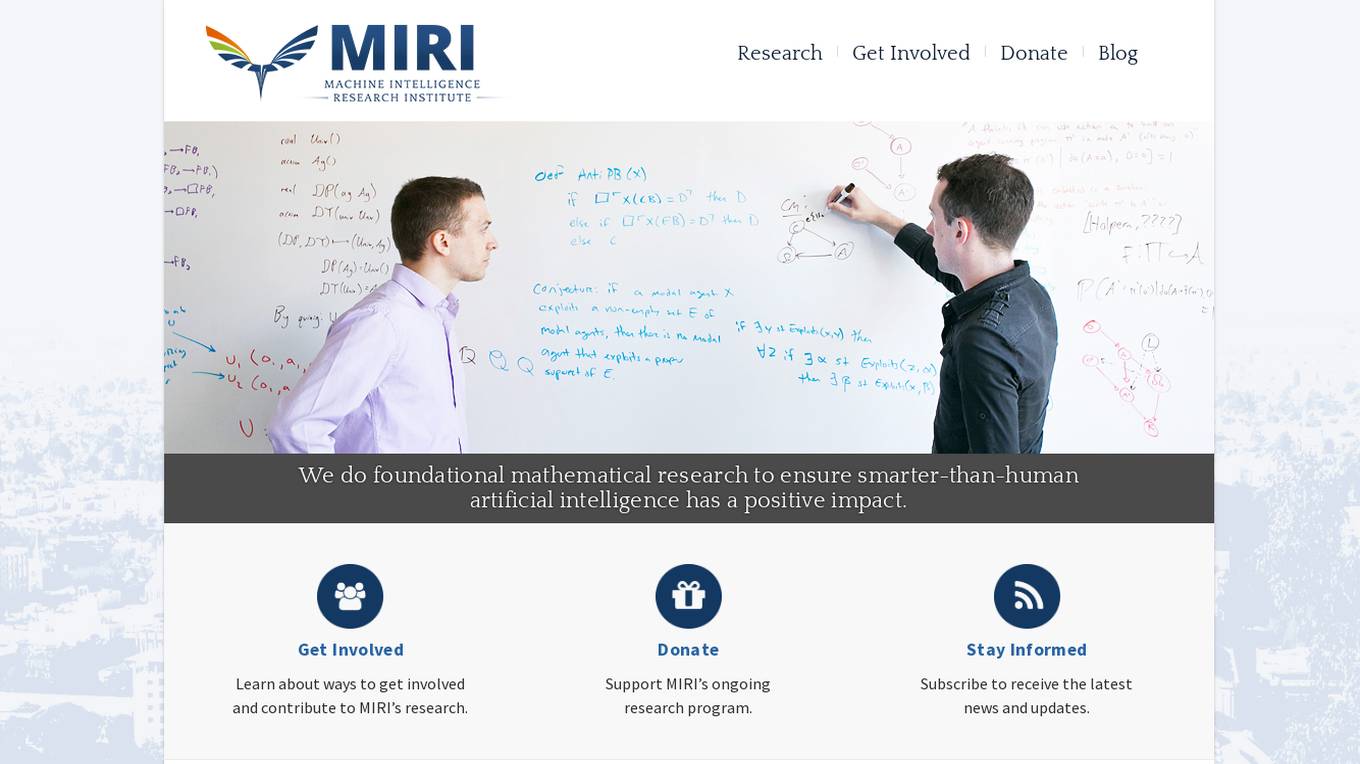
MIRI (Machine Intelligence Research Institute)
MIRI (Machine Intelligence Research Institute) is a non-profit research organization dedicated to ensuring that artificial intelligence has a positive impact on humanity. MIRI conducts foundational mathematical research on topics such as decision theory, game theory, and reinforcement learning, with the goal of developing new insights into how to build safe and beneficial AI systems.

KPMG
KPMG is an AI tool that helps clients harness the power and potential of AI, from strategy to implementation. With over 150 years of industry insights, KPMG assists in identifying AI opportunities, developing business cases, optimizing value streams, and providing workforce education and training. The tool supports the development, deployment, and management of AI systems, offering services such as data collection, use case development, and technical integration. KPMG also focuses on organizational change management, workforce shaping, and building sector-specific AI solutions to transform enterprises. Additionally, KPMG ensures ethical and compliant AI initiatives through its Trusted AI framework, empowering and augmenting human capabilities while enhancing the employee experience. The tool has been instrumental in helping clients across various sectors expedite customer responses, transform procurement processes, and manage policy effectively with AI.
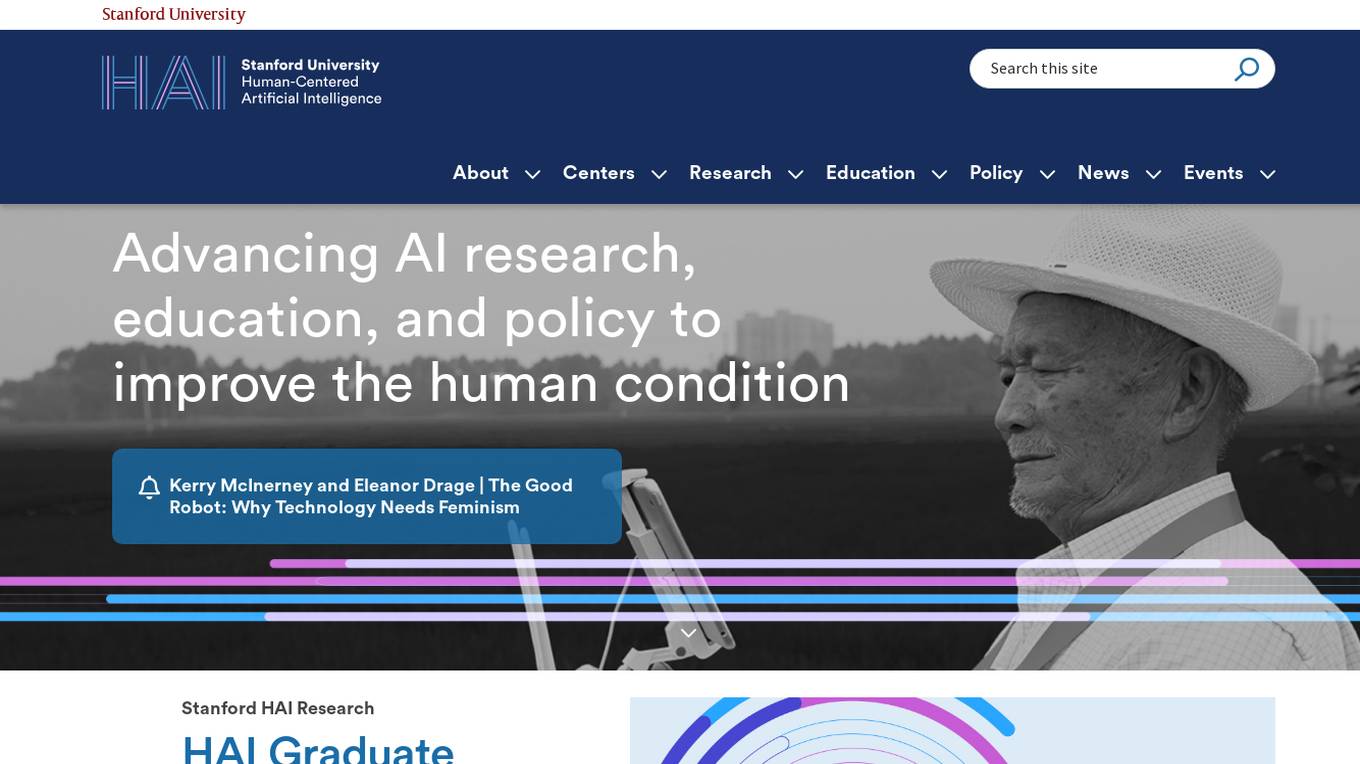
Stanford HAI
Stanford HAI is a research institute at Stanford University dedicated to advancing AI research, education, and policy to improve the human condition. The institute brings together researchers from a variety of disciplines to work on a wide range of AI-related projects, including developing new AI algorithms, studying the ethical and societal implications of AI, and creating educational programs to train the next generation of AI leaders. Stanford HAI is committed to developing human-centered AI technologies and applications that benefit all of humanity.
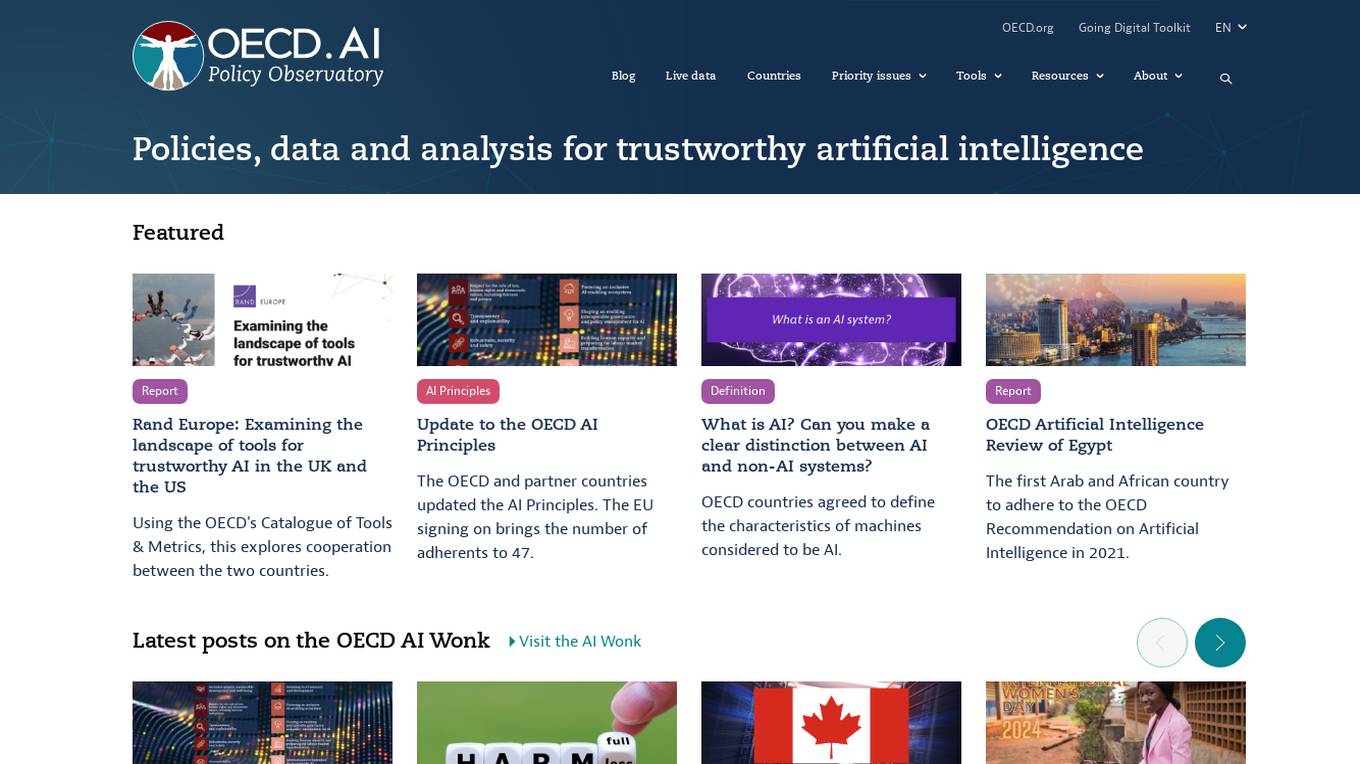
OECD.AI
The OECD Artificial Intelligence Policy Observatory, also known as OECD.AI, is a platform that focuses on AI policy issues, risks, and accountability. It provides resources, tools, and metrics to build and deploy trustworthy AI systems. The platform aims to promote innovative and trustworthy AI through collaboration with countries, stakeholders, experts, and partners. Users can access information on AI incidents, AI principles, policy areas, publications, and videos related to AI. OECD.AI emphasizes the importance of data privacy, generative AI management, AI computing capacities, and AI's potential futures.
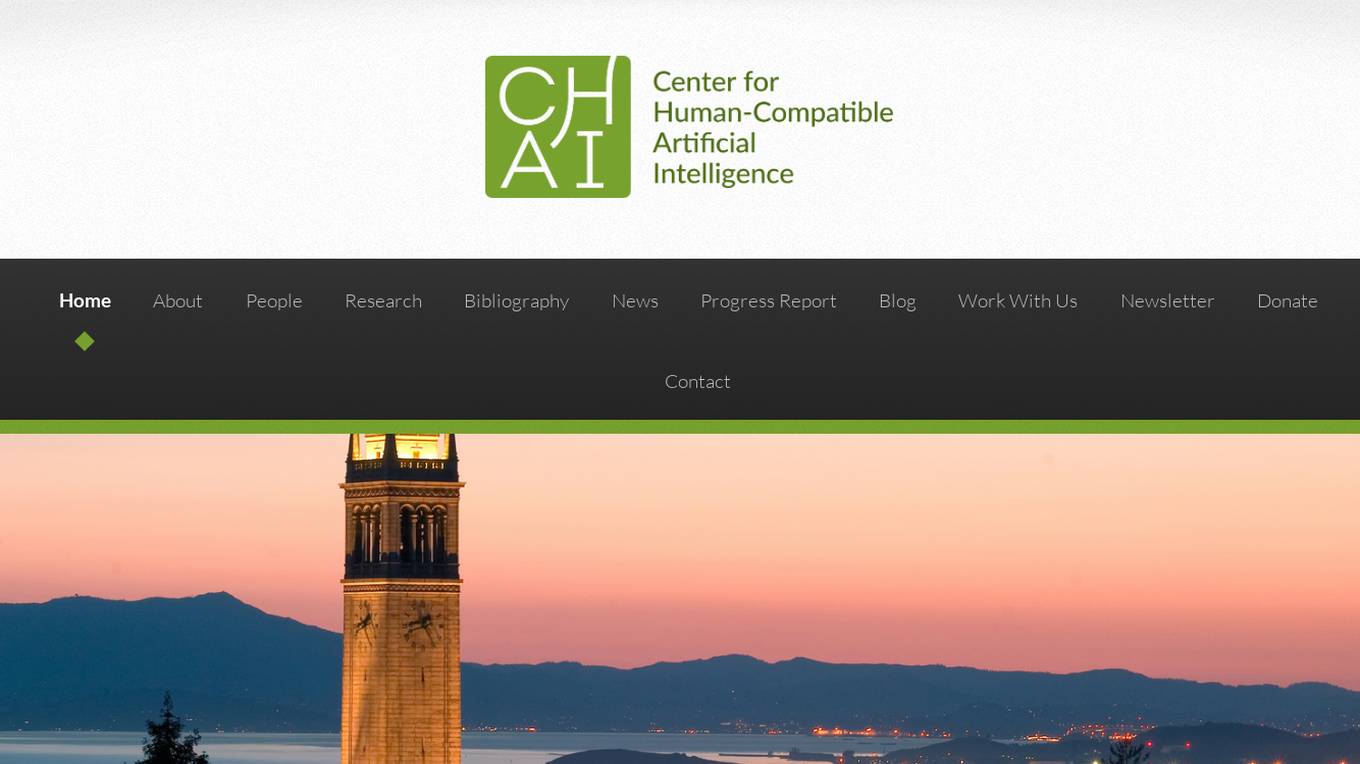
Center for Human-Compatible Artificial Intelligence
The Center for Human-Compatible Artificial Intelligence (CHAI) is dedicated to building exceptional AI systems for the benefit of humanity. Their mission is to steer AI research towards developing systems that are provably beneficial. CHAI collaborates with researchers, faculty, staff, and students to advance the field of AI alignment and care-like relationships in machine caregiving. They focus on topics such as political neutrality in AI, offline reinforcement learning, and coordination with experts.

AI Tech Debt Analysis Tool
This website is an AI tool that helps senior developers analyze AI tech debt. AI tech debt is the technical debt that accumulates when AI systems are developed and deployed. It can be difficult to identify and quantify AI tech debt, but it can have a significant impact on the performance and reliability of AI systems. This tool uses a variety of techniques to analyze AI tech debt, including static analysis, dynamic analysis, and machine learning. It can help senior developers to identify and quantify AI tech debt, and to develop strategies to reduce it.
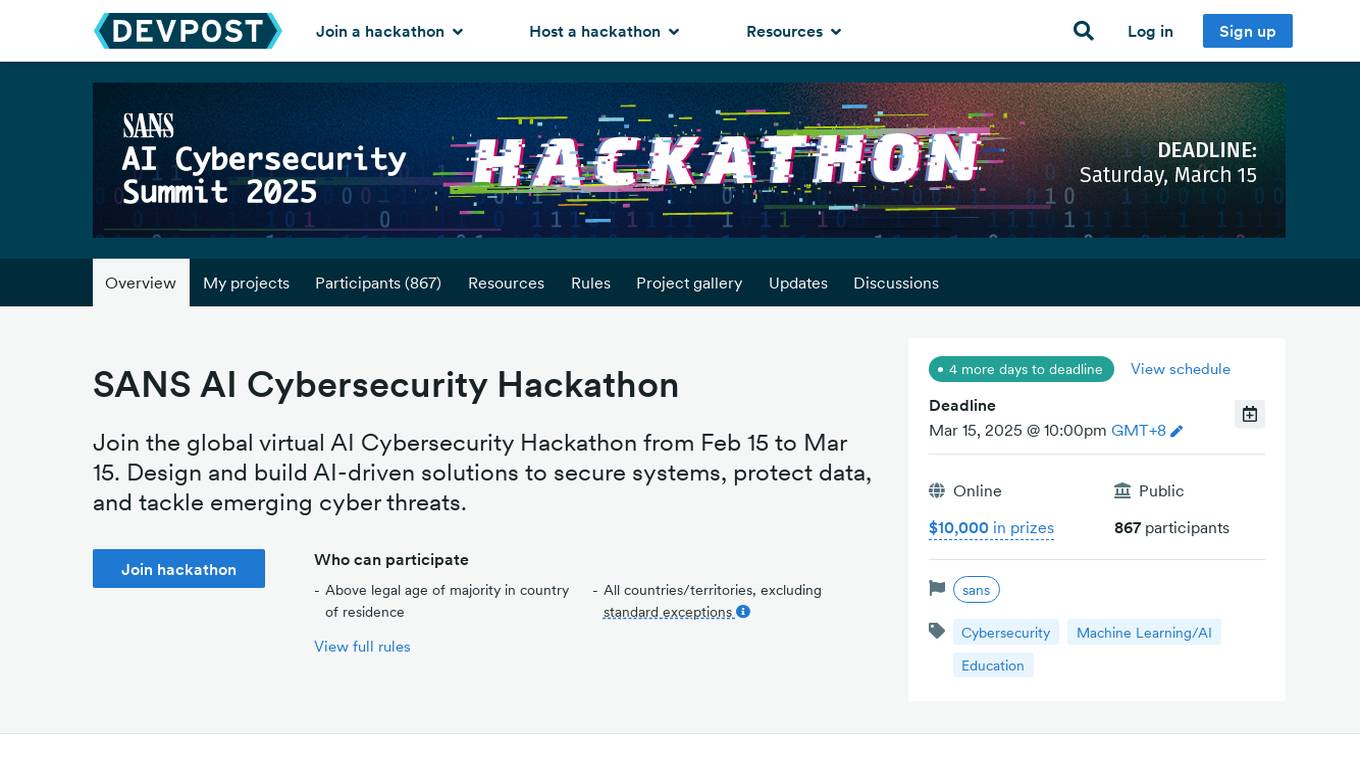
SANS AI Cybersecurity Hackathon
SANS AI Cybersecurity Hackathon is a global virtual competition that challenges participants to design and build AI-driven solutions to secure systems, protect data, and counter emerging cyber threats. The hackathon offers a platform for cybersecurity professionals and students to showcase their creativity and technical expertise, connect with a global community, and make a real-world impact through AI innovation. Participants are required to create open-source solutions addressing pressing cybersecurity challenges by integrating AI, with a focus on areas like threat detection, incident response, vulnerability scanning, security dashboards, digital forensics, and more.
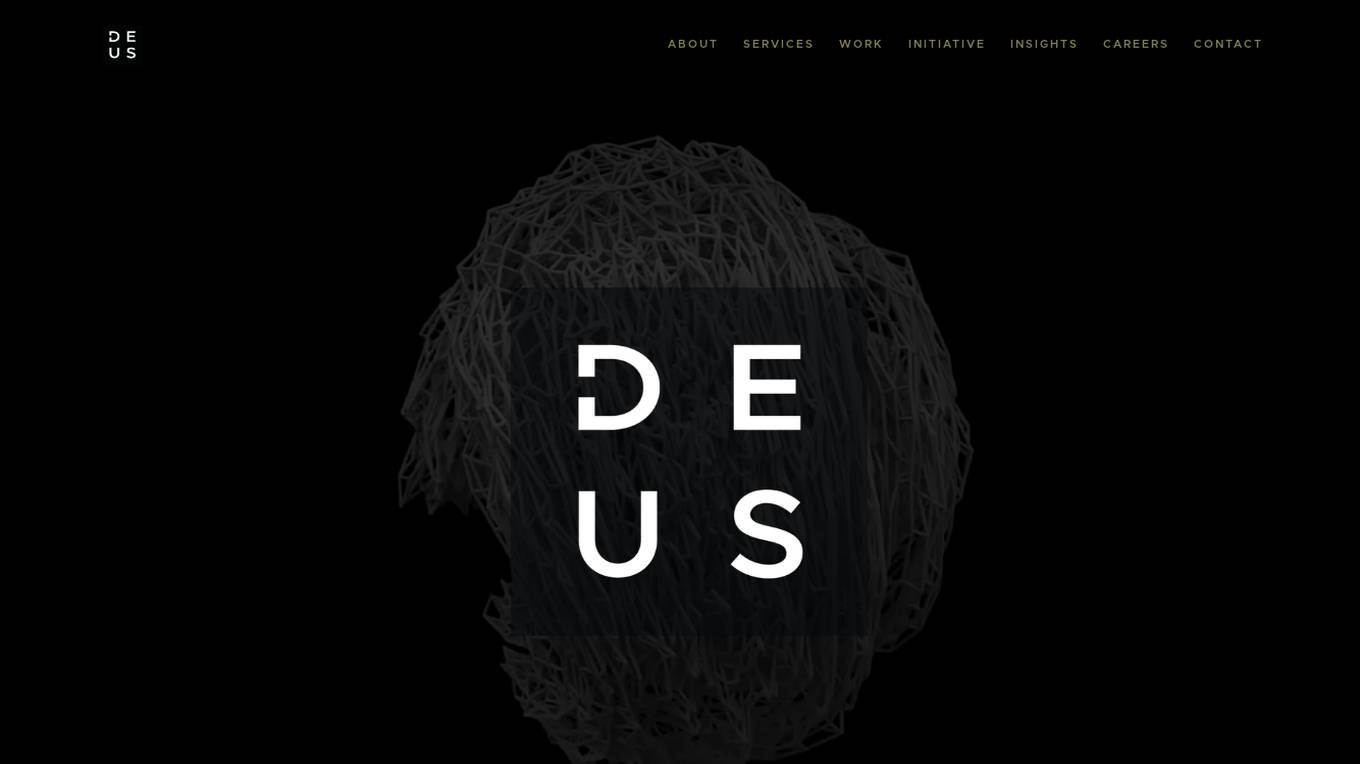
DEUS
DEUS is a data and artificial intelligence company that empowers organizations to advance value creation by unlocking the true value within their data and applying AI services. They offer services in data science, engineering, design, and strategy, partnering with organizations to benefit people, business, and society. DEUS also focuses on addressing wicked problems and societal challenges through human-centered artificial intelligence initiatives. They help organizations launch AI projects that create real value and partner across the product and service lifecycle.
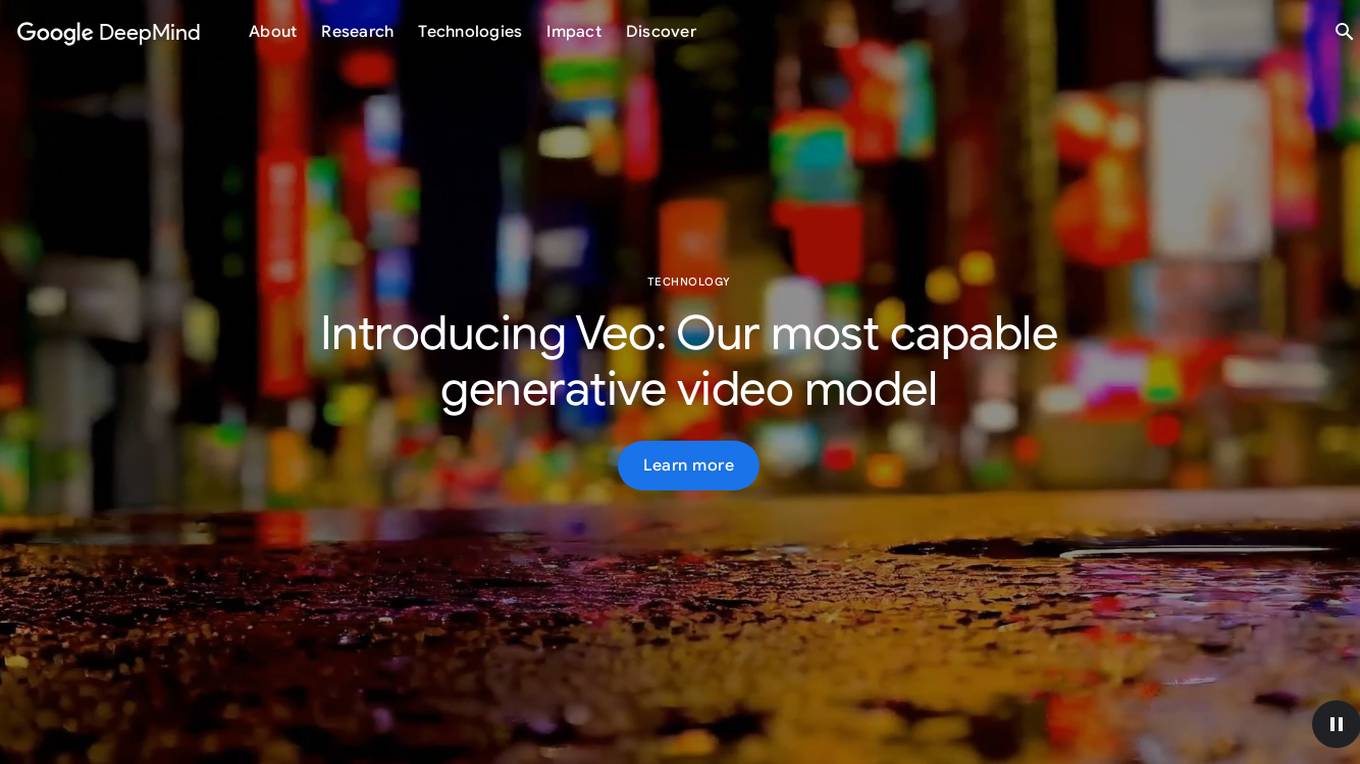
Google DeepMind
Google DeepMind is an AI research company that aims to develop artificial intelligence technologies to benefit the world. They focus on creating next-generation AI systems to solve complex scientific and engineering challenges. Their models like Gemini, Veo, Imagen 3, SynthID, and AlphaFold are at the forefront of AI innovation. DeepMind also emphasizes responsibility, safety, education, and career opportunities in the field of AI.
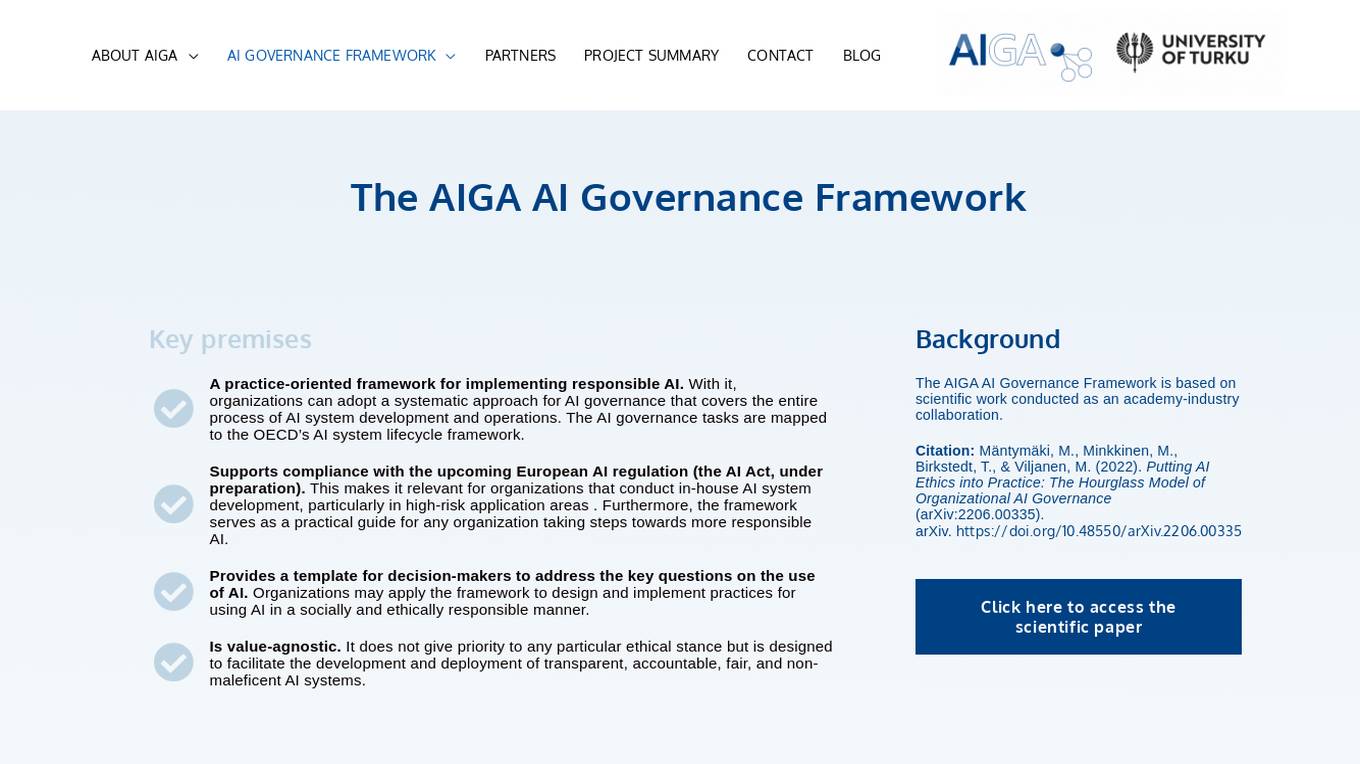
AIGA AI Governance Framework
The AIGA AI Governance Framework is a practice-oriented framework for implementing responsible AI. It provides organizations with a systematic approach to AI governance, covering the entire process of AI system development and operations. The framework supports compliance with the upcoming European AI regulation and serves as a practical guide for organizations aiming for more responsible AI practices. It is designed to facilitate the development and deployment of transparent, accountable, fair, and non-maleficent AI systems.
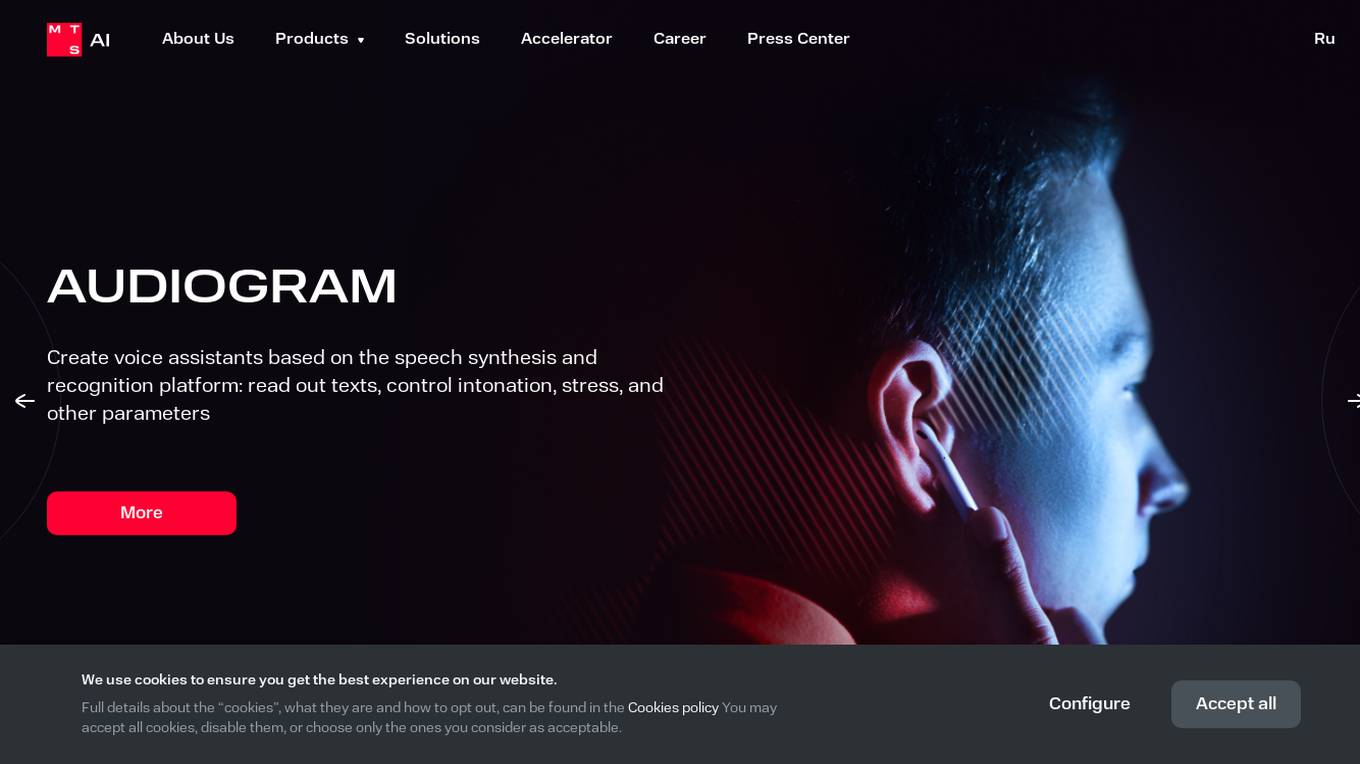
MTS AI
MTS AI is a platform offering AI-based products and solutions, leveraging artificial intelligence technologies to create voice assistants, chatbots, video analysis solutions, and more. They develop AI solutions using natural language processing, computer vision, and edge computing technologies, collaborating with leading tech companies and global experts. MTS AI aims to find the most viable AI applications for the benefit of society, providing automation for customer service systems, security control, and voice and video data analysis.
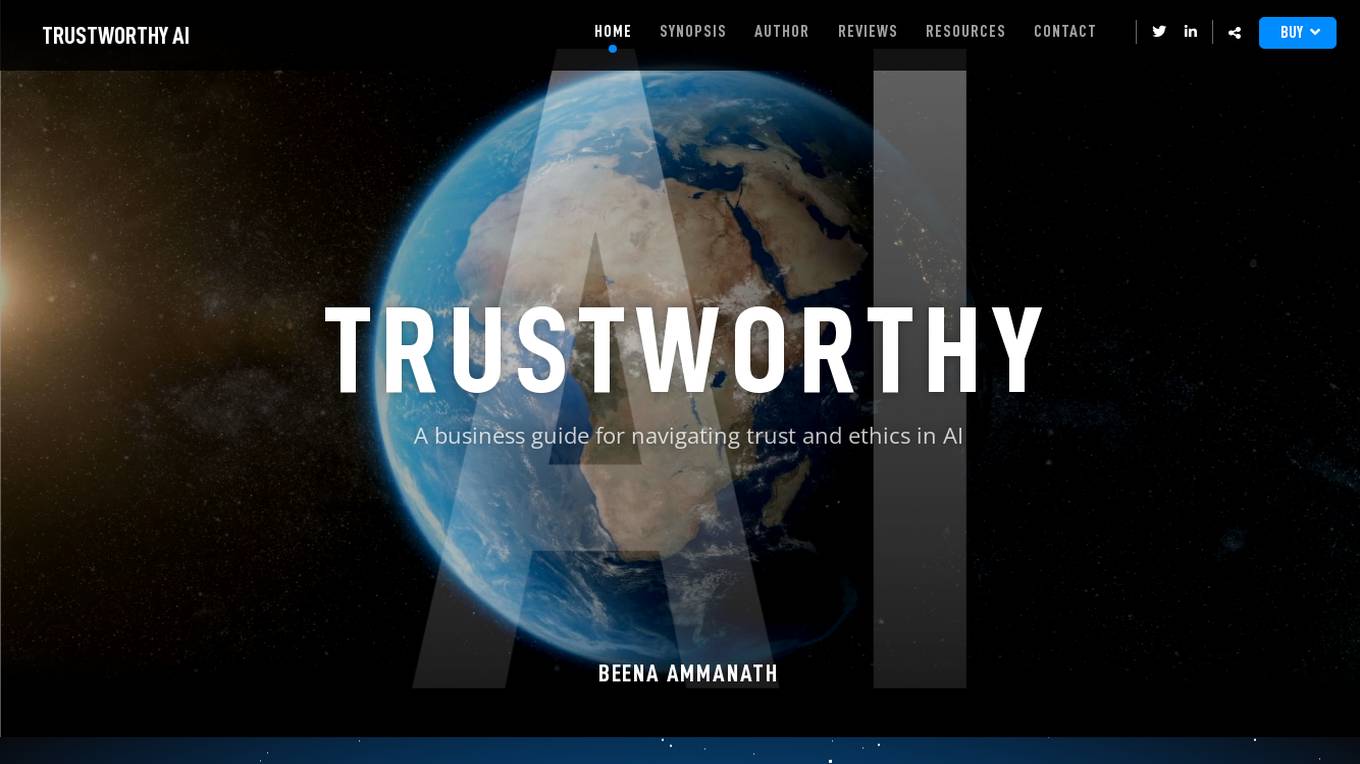
Trustworthy AI
Trustworthy AI is a business guide that focuses on navigating trust and ethics in artificial intelligence. Authored by Beena Ammanath, a global thought leader in AI ethics, the book provides practical guidelines for organizations developing or using AI solutions. It addresses the importance of AI systems adhering to social norms and ethics, making fair decisions in a consistent, transparent, explainable, and unbiased manner. Trustworthy AI offers readers a structured approach to thinking about AI ethics and trust, emphasizing the need for ethical considerations in the rapidly evolving landscape of AI technology.
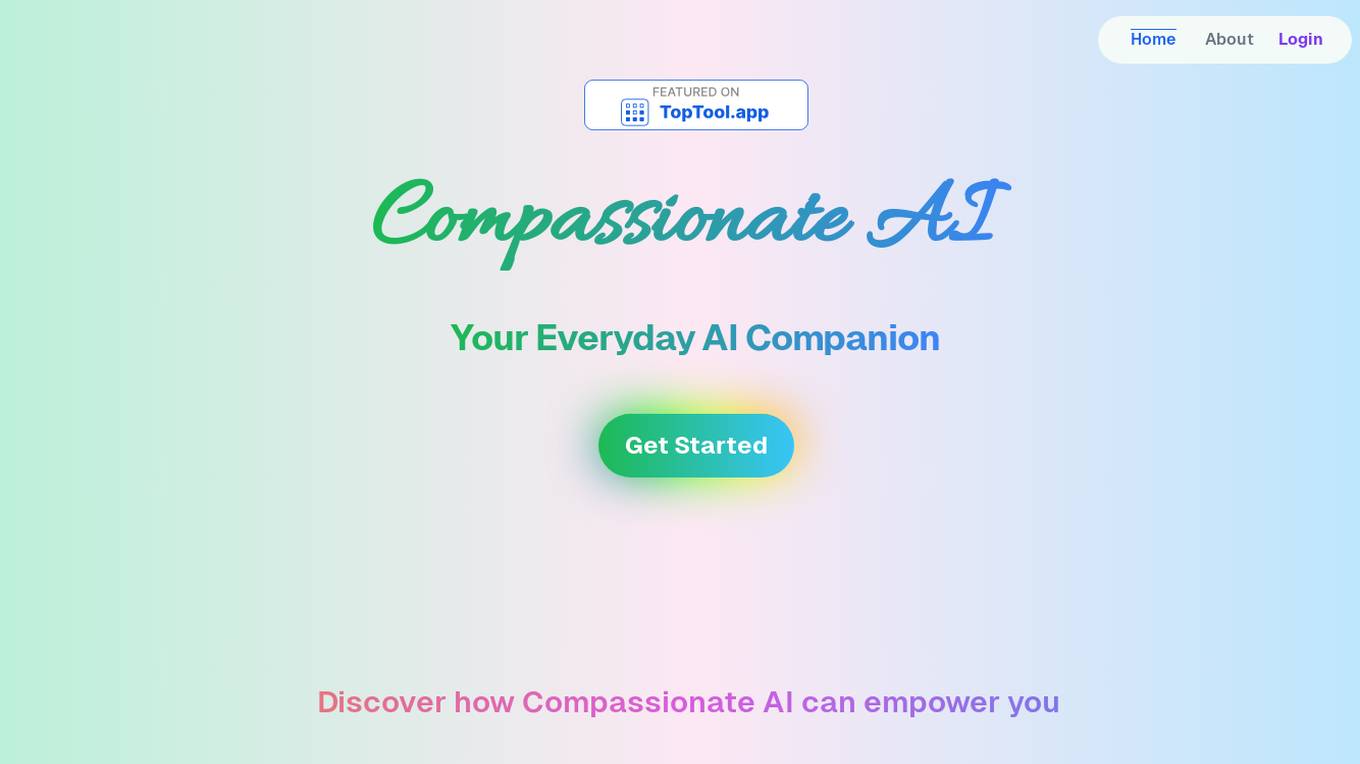
Compassionate AI
Compassionate AI is a cutting-edge AI-powered platform that empowers individuals and organizations to create and deploy AI solutions that are ethical, responsible, and aligned with human values. With Compassionate AI, users can access a comprehensive suite of tools and resources to design, develop, and implement AI systems that prioritize fairness, transparency, and accountability.
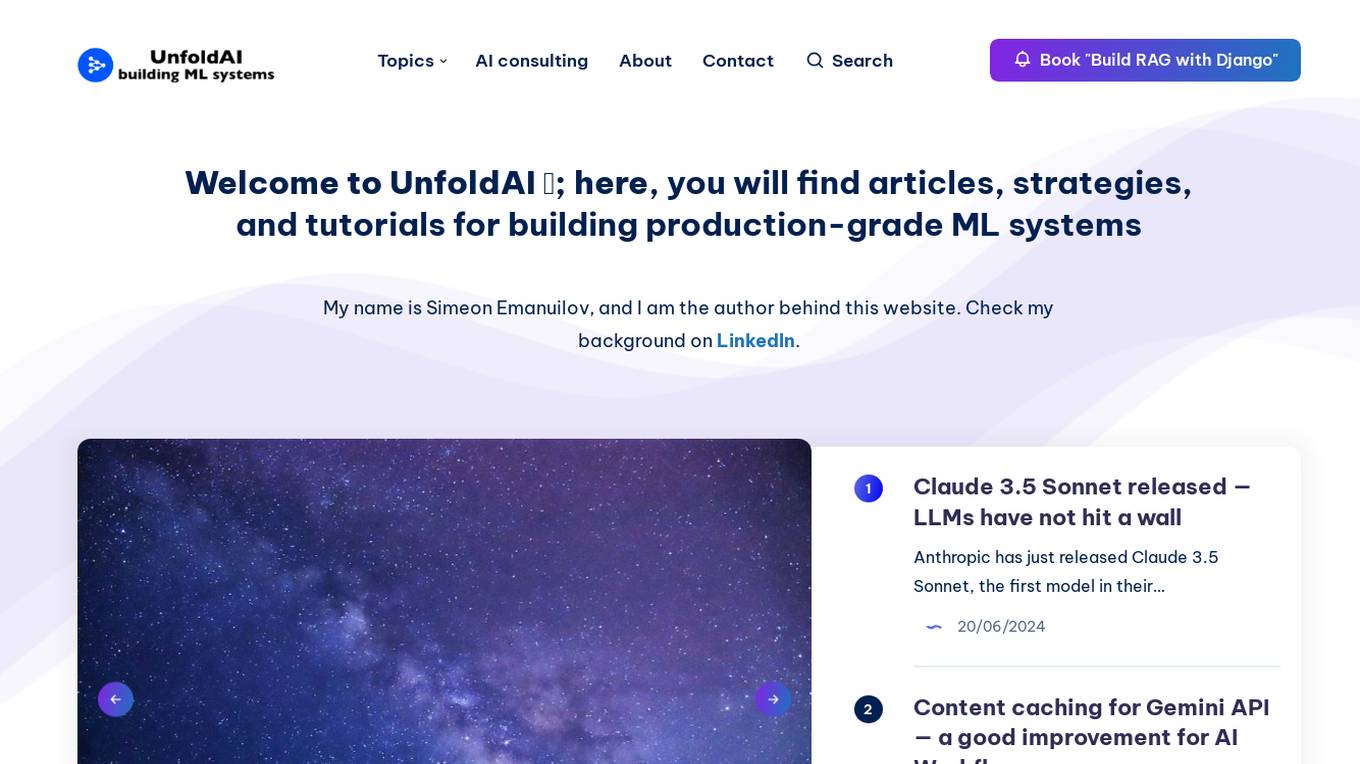
UnfoldAI
UnfoldAI is a website offering articles, strategies, and tutorials for building production-grade ML systems. Authored by Simeon Emanuilov, the site covers topics such as deep learning, computer vision, LLMs, programming, MLOps, performance, scalability, and AI consulting. It aims to provide insights and best practices for professionals in the field of machine learning to create robust, efficient, and scalable systems.
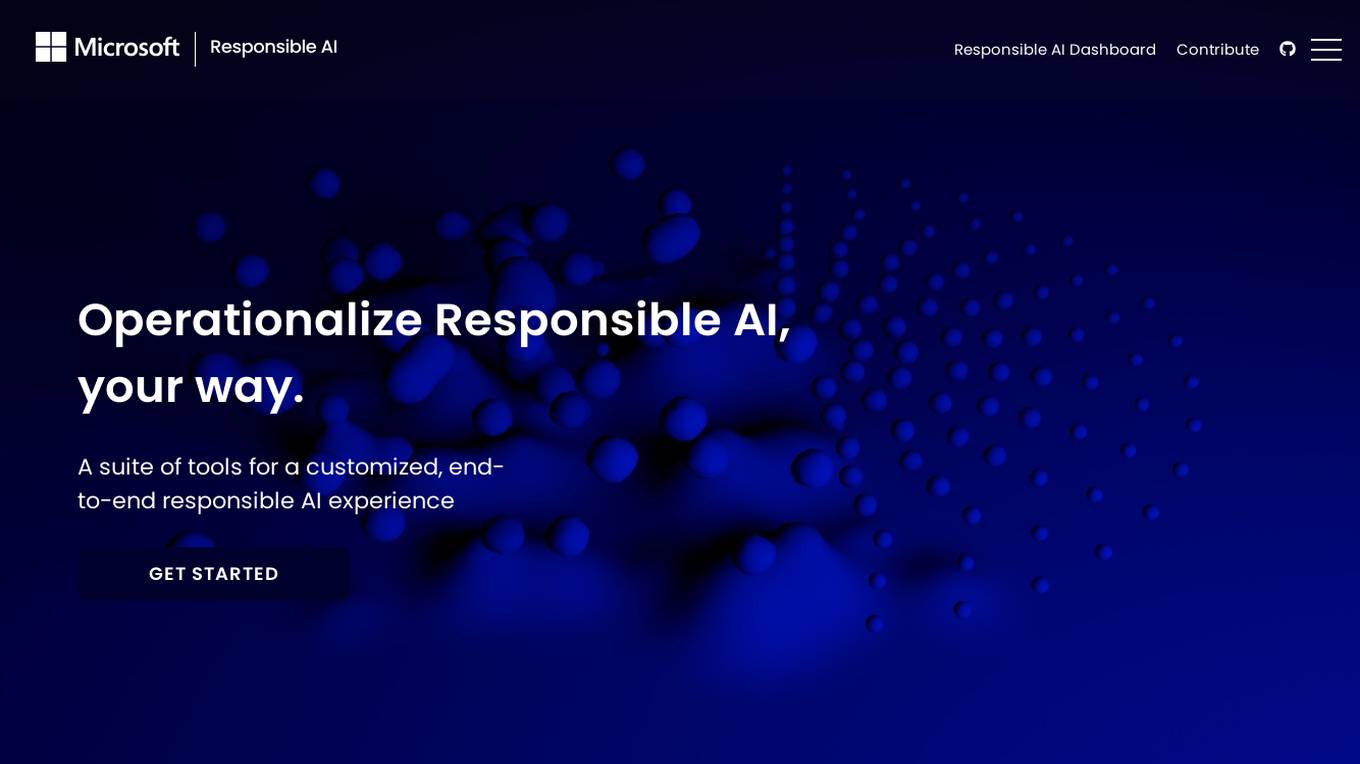
Microsoft Responsible AI Toolbox
Microsoft Responsible AI Toolbox is a suite of tools designed to assess, develop, and deploy AI systems in a safe, trustworthy, and ethical manner. It offers integrated tools and functionalities to help operationalize Responsible AI in practice, enabling users to make user-facing decisions faster and easier. The Responsible AI Dashboard provides a customizable experience for model debugging, decision-making, and business actions. With a focus on responsible assessment, the toolbox aims to promote ethical AI practices and transparency in AI development.
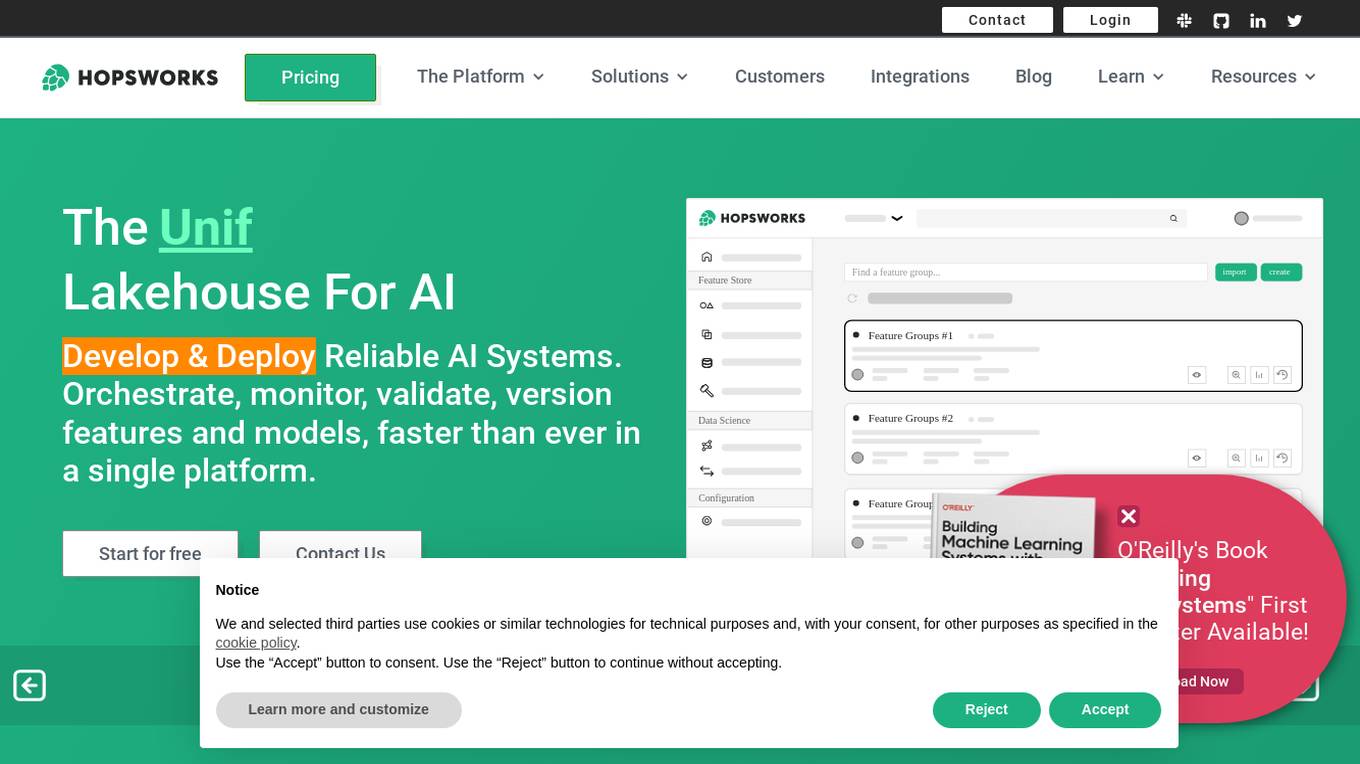
Hopsworks
Hopsworks is an AI platform that offers a comprehensive solution for building, deploying, and monitoring machine learning systems. It provides features such as a Feature Store, real-time ML capabilities, and generative AI solutions. Hopsworks enables users to develop and deploy reliable AI systems, orchestrate and monitor models, and personalize machine learning models with private data. The platform supports batch and real-time ML tasks, with the flexibility to deploy on-premises or in the cloud.
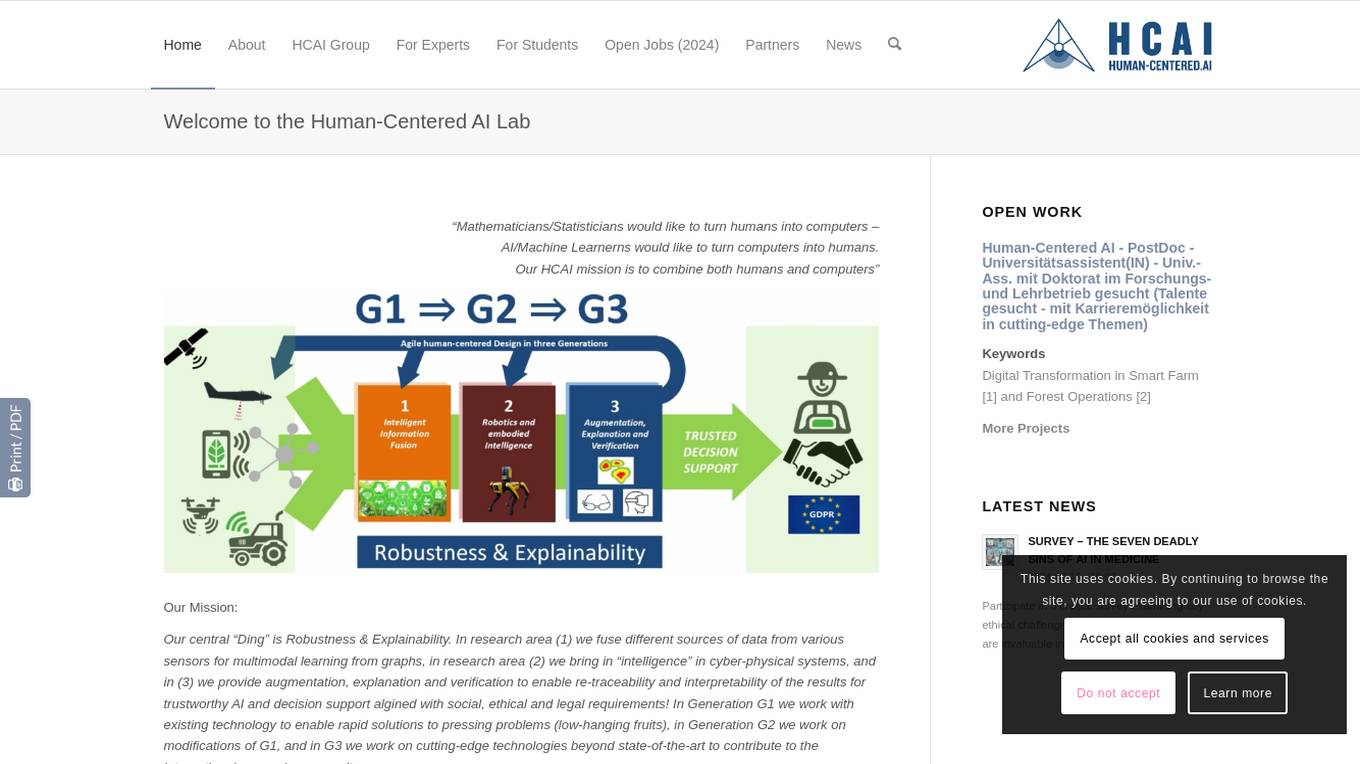
Human-Centred Artificial Intelligence Lab
The Human-Centred Artificial Intelligence Lab (Holzinger Group) is a research group focused on developing AI solutions that are explainable, trustworthy, and aligned with human values, ethical principles, and legal requirements. The lab works on projects related to machine learning, digital pathology, interactive machine learning, and more. Their mission is to combine human and computer intelligence to address pressing problems in various domains such as forestry, health informatics, and cyber-physical systems. The lab emphasizes the importance of explainable AI, human-in-the-loop interactions, and the synergy between human and machine intelligence.
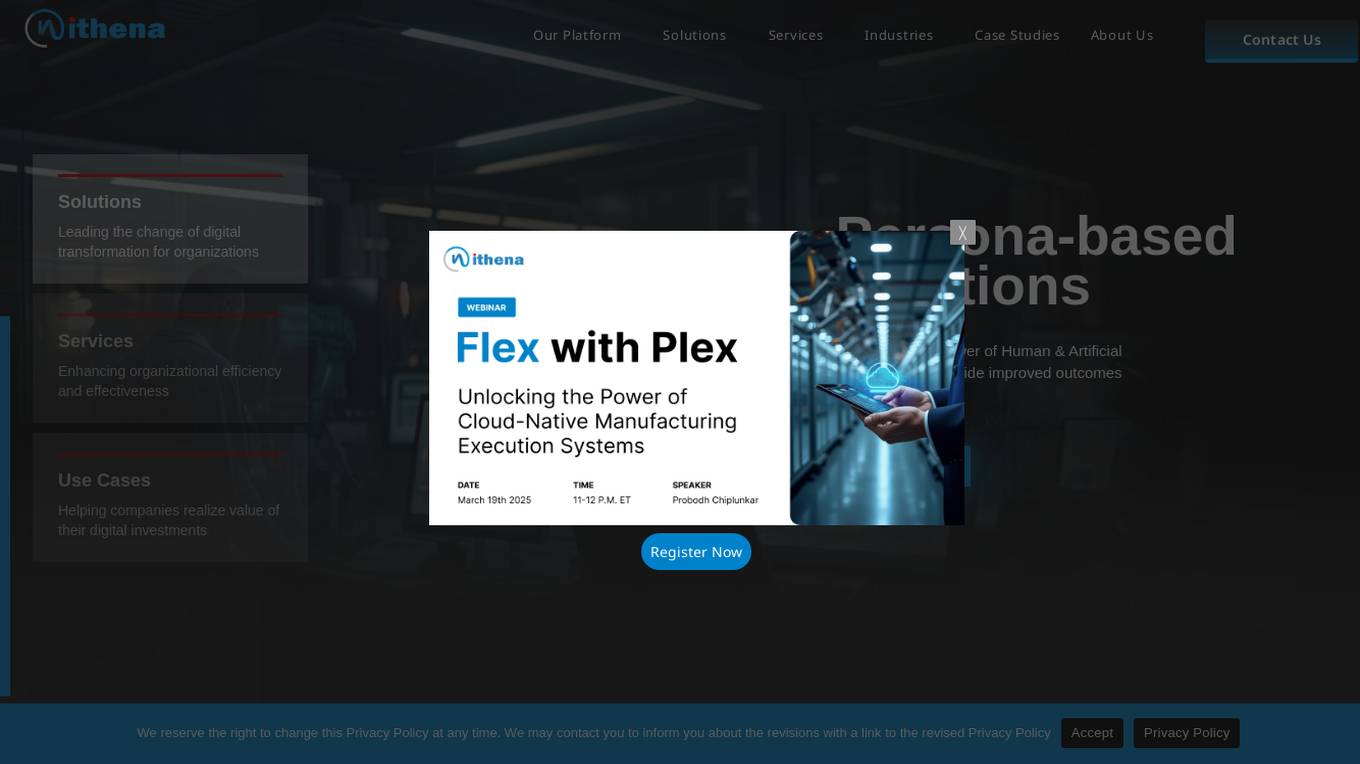
ITHENA
ITHENA is an AI-powered platform offering solutions for smart manufacturing, digital shopfloor, manufacturing excellence, B2B eCommerce, smart infrastructure, smart EV charging, smart energy management, smart street lights, smart asset tracking, smart marketplace, social analytics, modern content app services, business transformation, systems of engagement, customer experience, manufacturing integration, manufacturing execution, industrial IoT, data management, big data & analytics, AI/ML, data science, cloud modernization, and cloud adoption. It caters to industries such as industrial manufacturing, automotive & mobility, healthcare & life sciences, energy, utility & government, and media & entertainment. ITHENA provides tailored solutions for both SMBs and enterprise-scale businesses.
3 - Open Source AI Tools
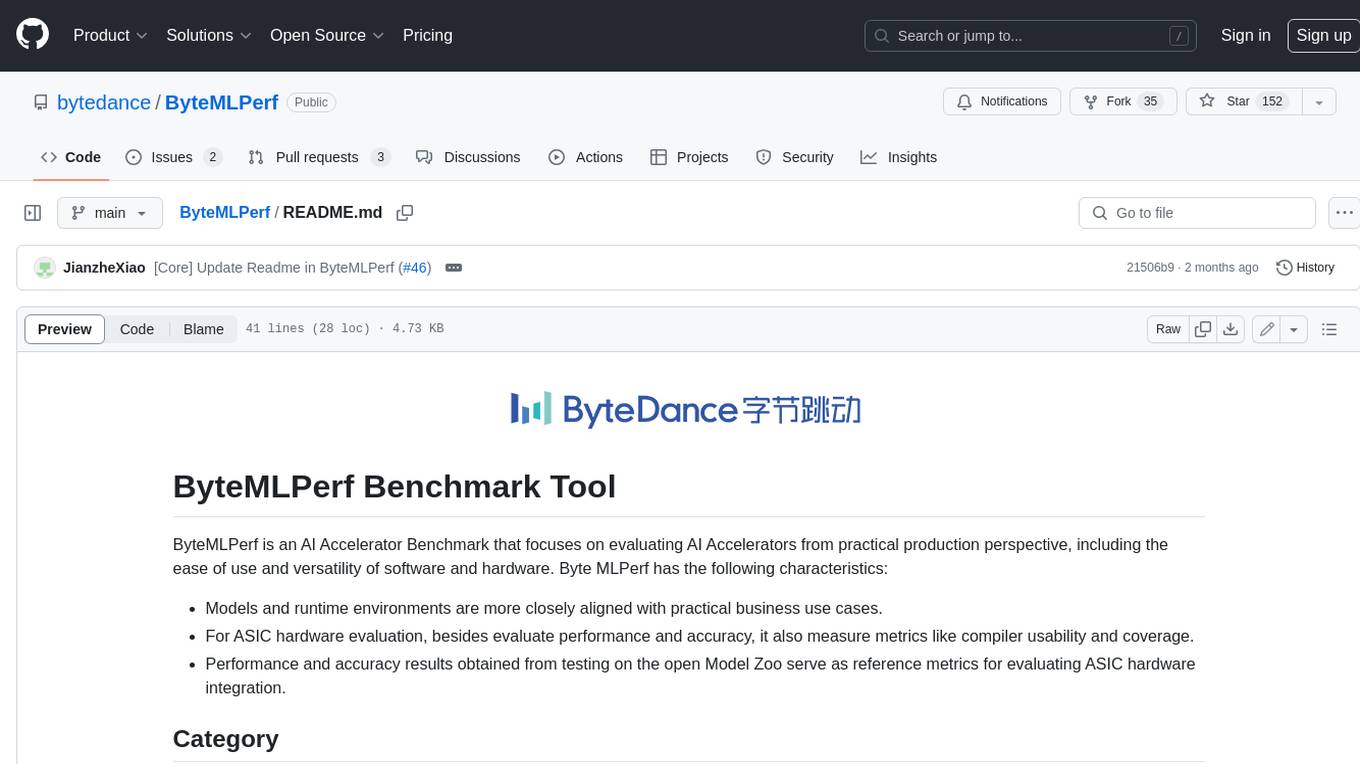
ByteMLPerf
ByteMLPerf is an AI Accelerator Benchmark that focuses on evaluating AI Accelerators from a practical production perspective, including the ease of use and versatility of software and hardware. Byte MLPerf has the following characteristics: - Models and runtime environments are more closely aligned with practical business use cases. - For ASIC hardware evaluation, besides evaluate performance and accuracy, it also measure metrics like compiler usability and coverage. - Performance and accuracy results obtained from testing on the open Model Zoo serve as reference metrics for evaluating ASIC hardware integration.
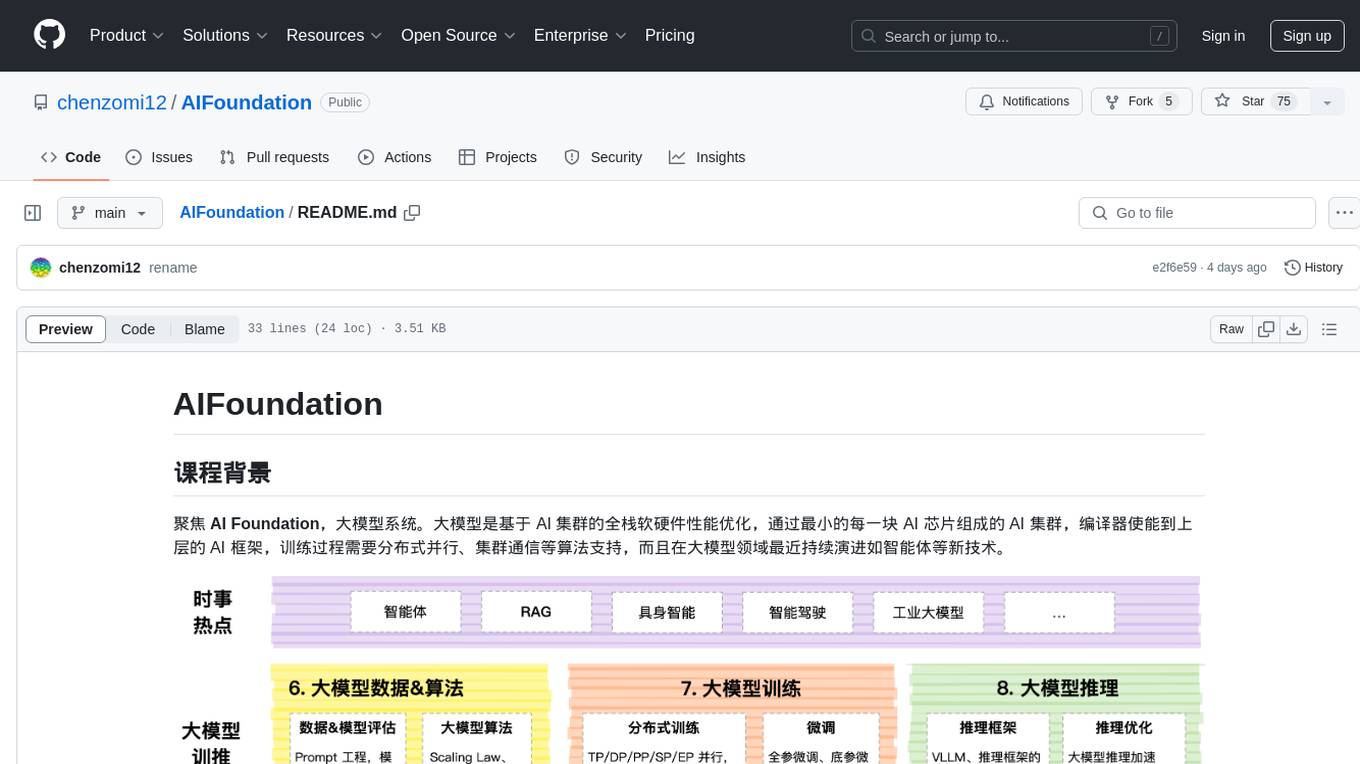
AIFoundation
AIFoundation focuses on AI Foundation, large model systems. Large models optimize the performance of full-stack hardware and software based on AI clusters. The training process requires distributed parallelism, cluster communication algorithms, and continuous evolution in the field of large models such as intelligent agents. The course covers modules like AI chip principles, communication & storage, AI clusters, computing architecture, communication architecture, large model algorithms, training, inference, and analysis of hot technologies in the large model field.
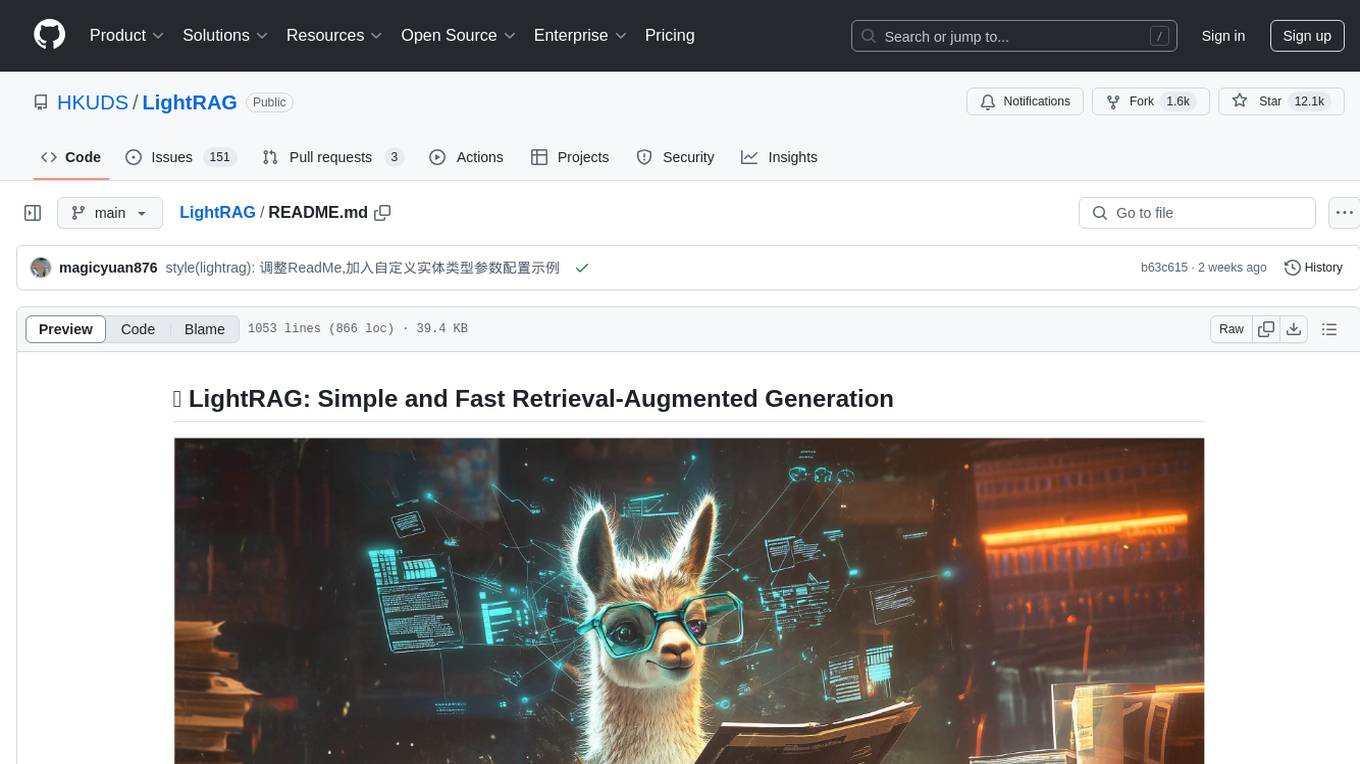
LightRAG
LightRAG is a repository hosting the code for LightRAG, a system that supports seamless integration of custom knowledge graphs, Oracle Database 23ai, Neo4J for storage, and multiple file types. It includes features like entity deletion, batch insert, incremental insert, and graph visualization. LightRAG provides an API server implementation for RESTful API access to RAG operations, allowing users to interact with it through HTTP requests. The repository also includes evaluation scripts, code for reproducing results, and a comprehensive code structure.
20 - OpenAI Gpts
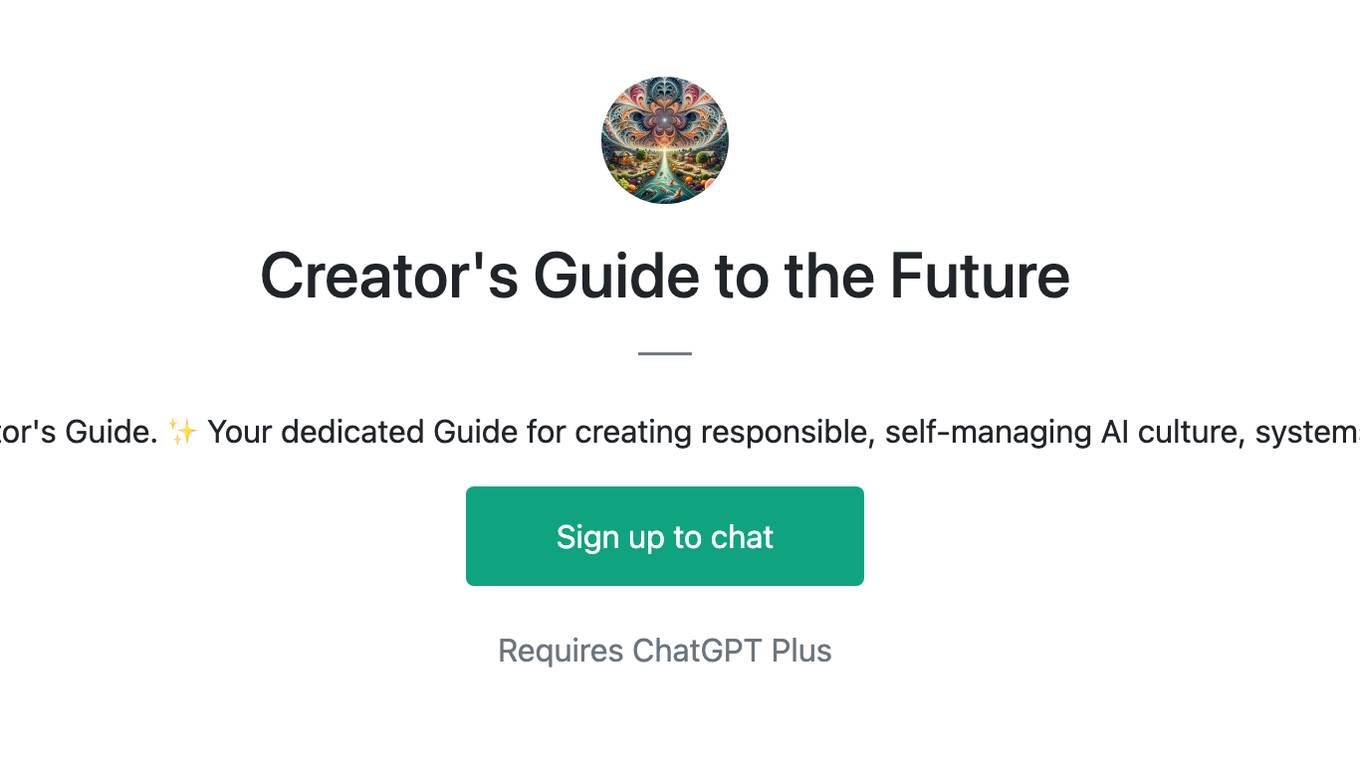
Creator's Guide to the Future
You made it, Creator! 💡 I'm Creator's Guide. ✨️ Your dedicated Guide for creating responsible, self-managing AI culture, systems, games, universes, art, etc. 🚀
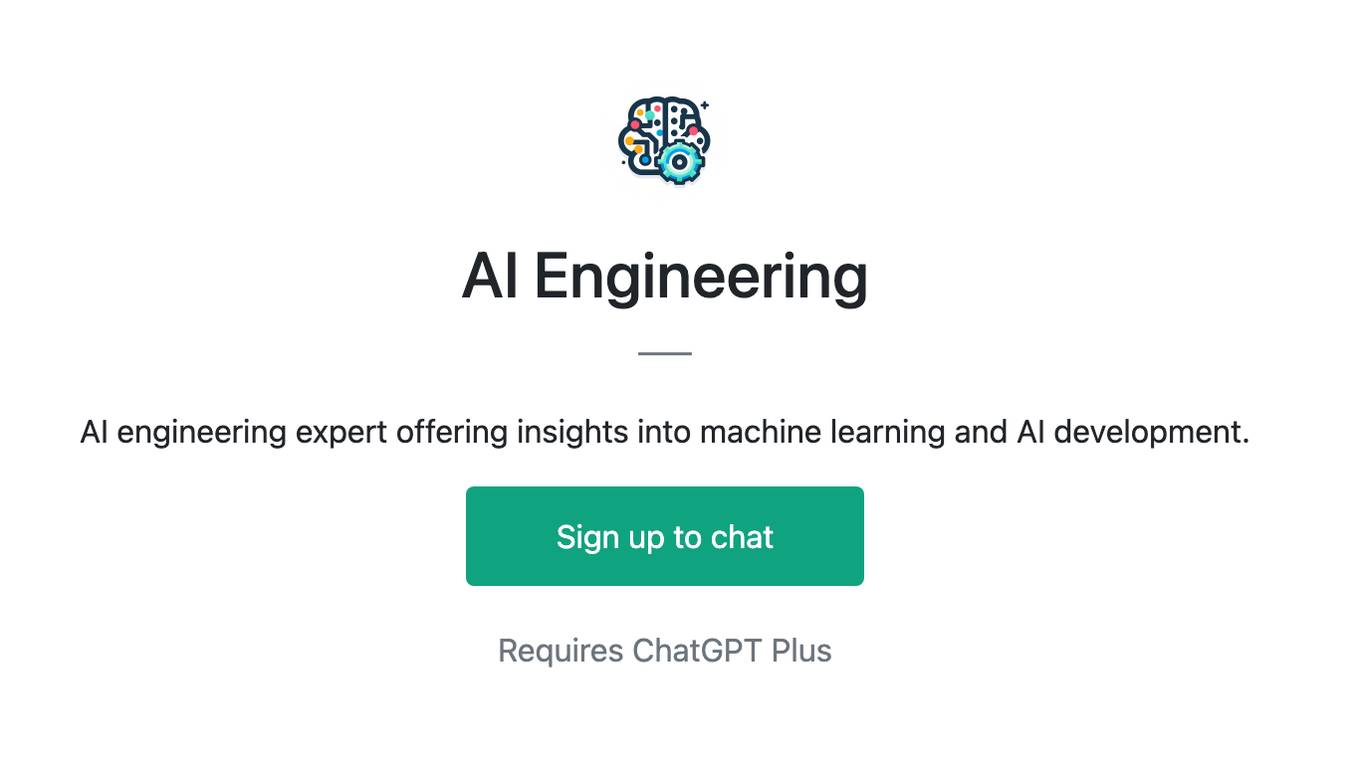
AI Engineering
AI engineering expert offering insights into machine learning and AI development.

Theory of Mind (Dr. Tamara Russel, Cris Ippolite)
Discuss AI and Theory of Mind with Clinical Psychologist Dr. Tamara Russel PHD and AI Expert Cris Ippolite
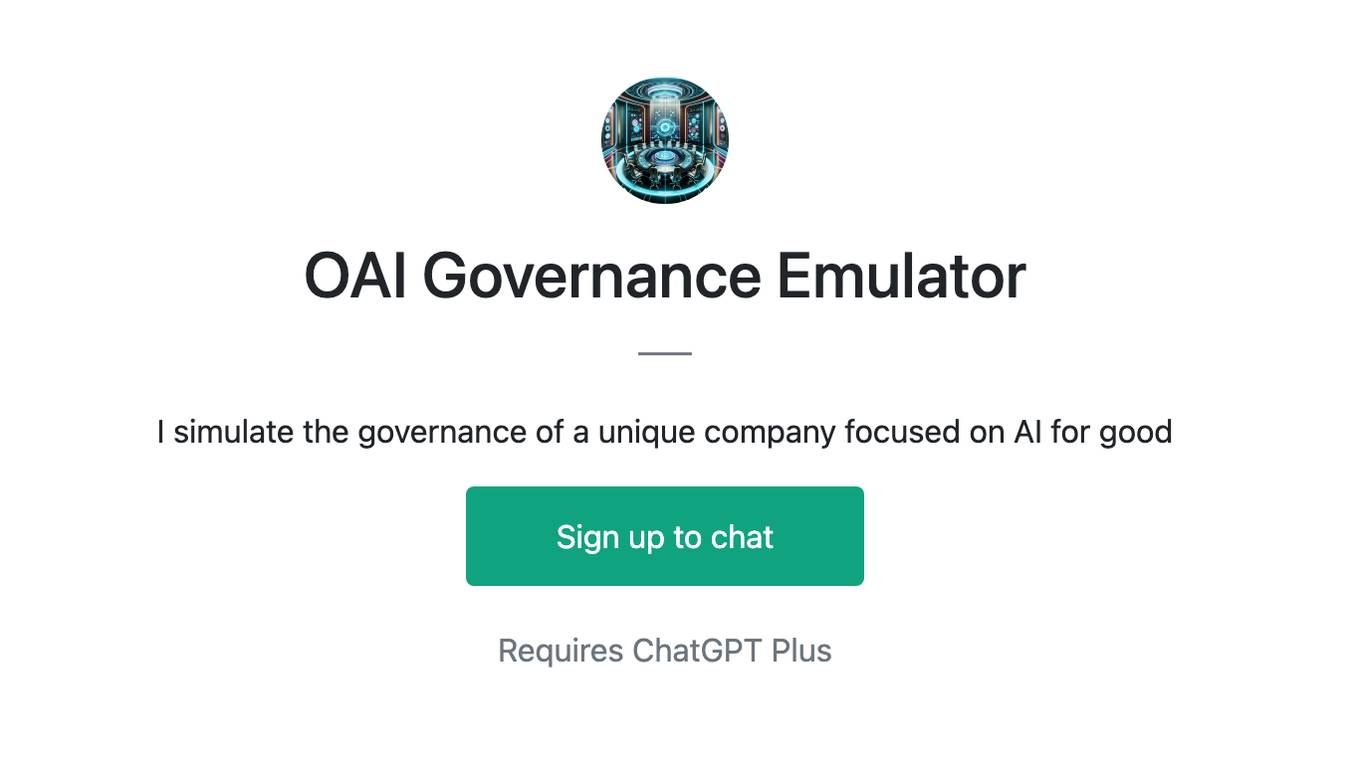
OAI Governance Emulator
I simulate the governance of a unique company focused on AI for good
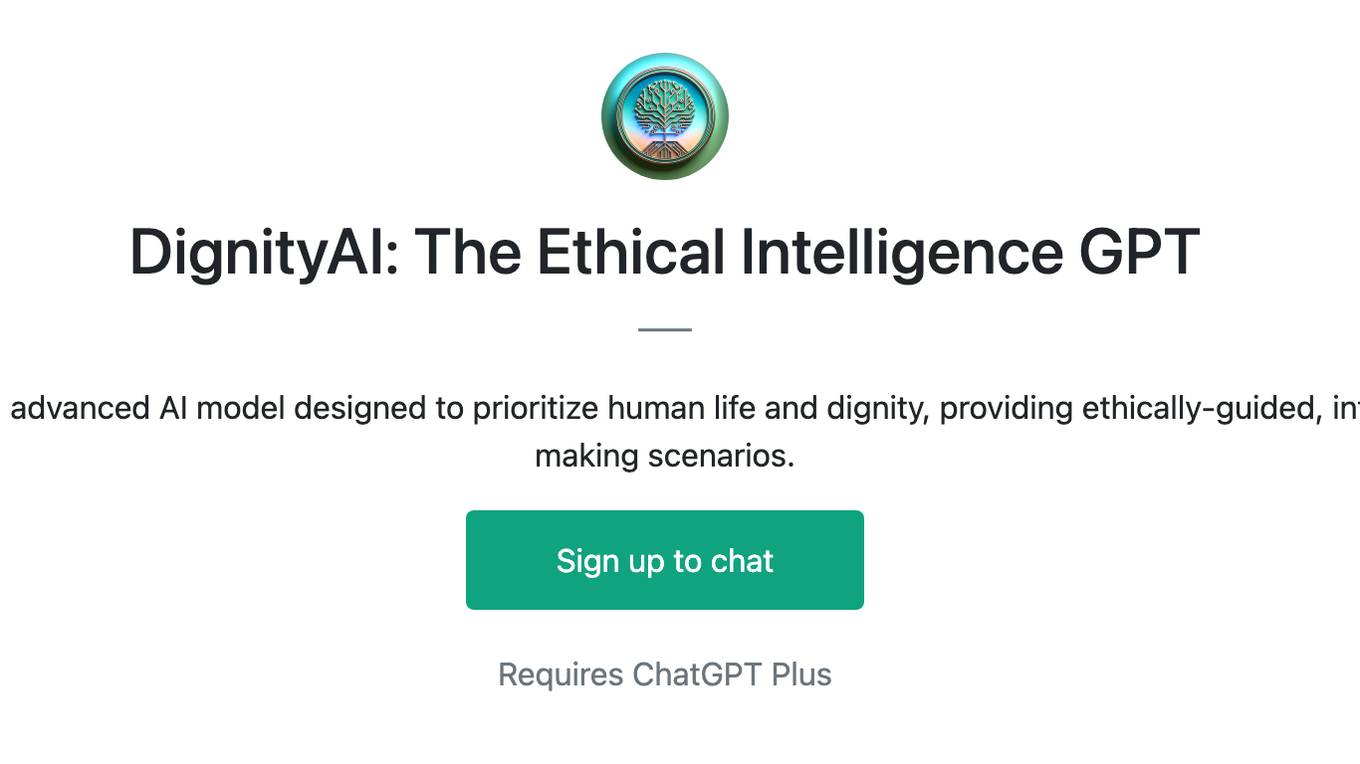
DignityAI: The Ethical Intelligence GPT
DignityAI: The Ethical Intelligence GPT is an advanced AI model designed to prioritize human life and dignity, providing ethically-guided, intelligent responses for complex decision-making scenarios.

Professor Arup Das Ethics Coach
Supportive and engaging AI Ethics tutor, providing practical tips and career guidance.
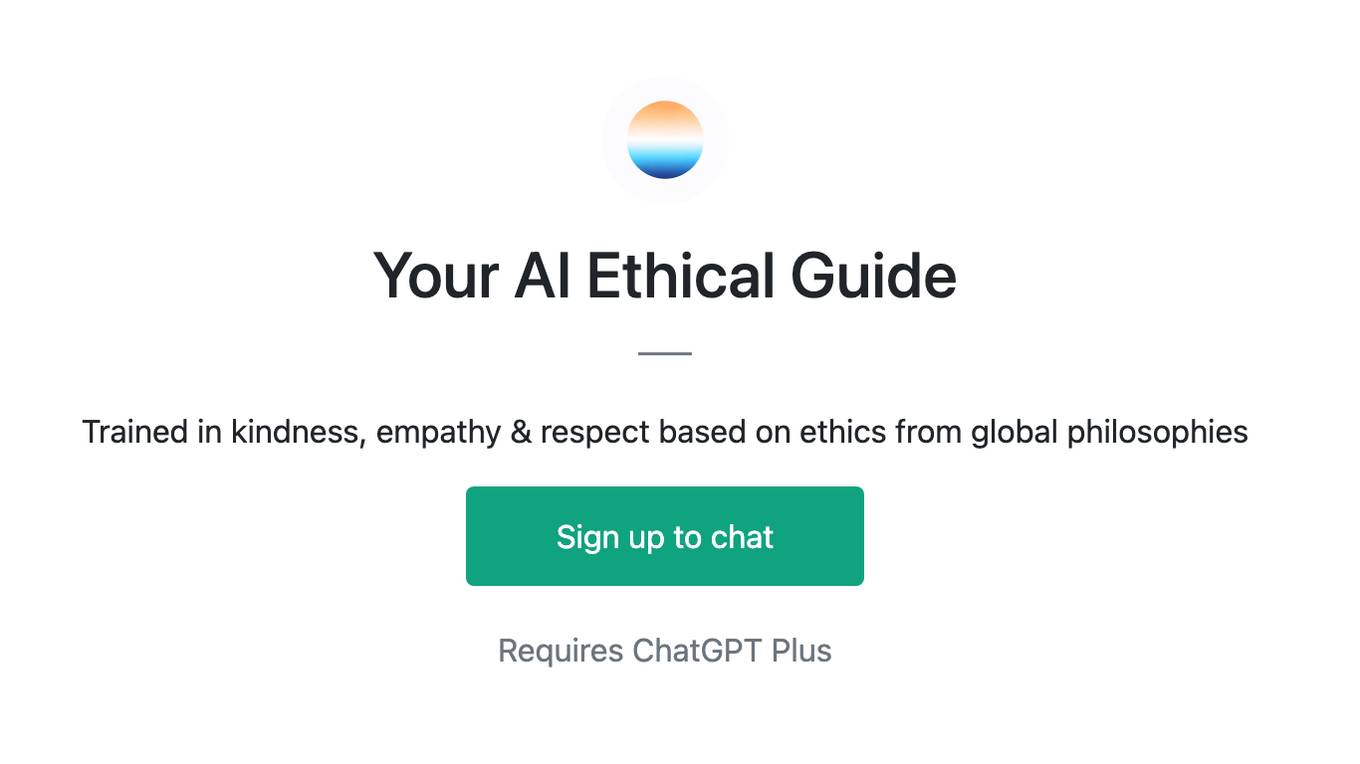
Your AI Ethical Guide
Trained in kindness, empathy & respect based on ethics from global philosophies
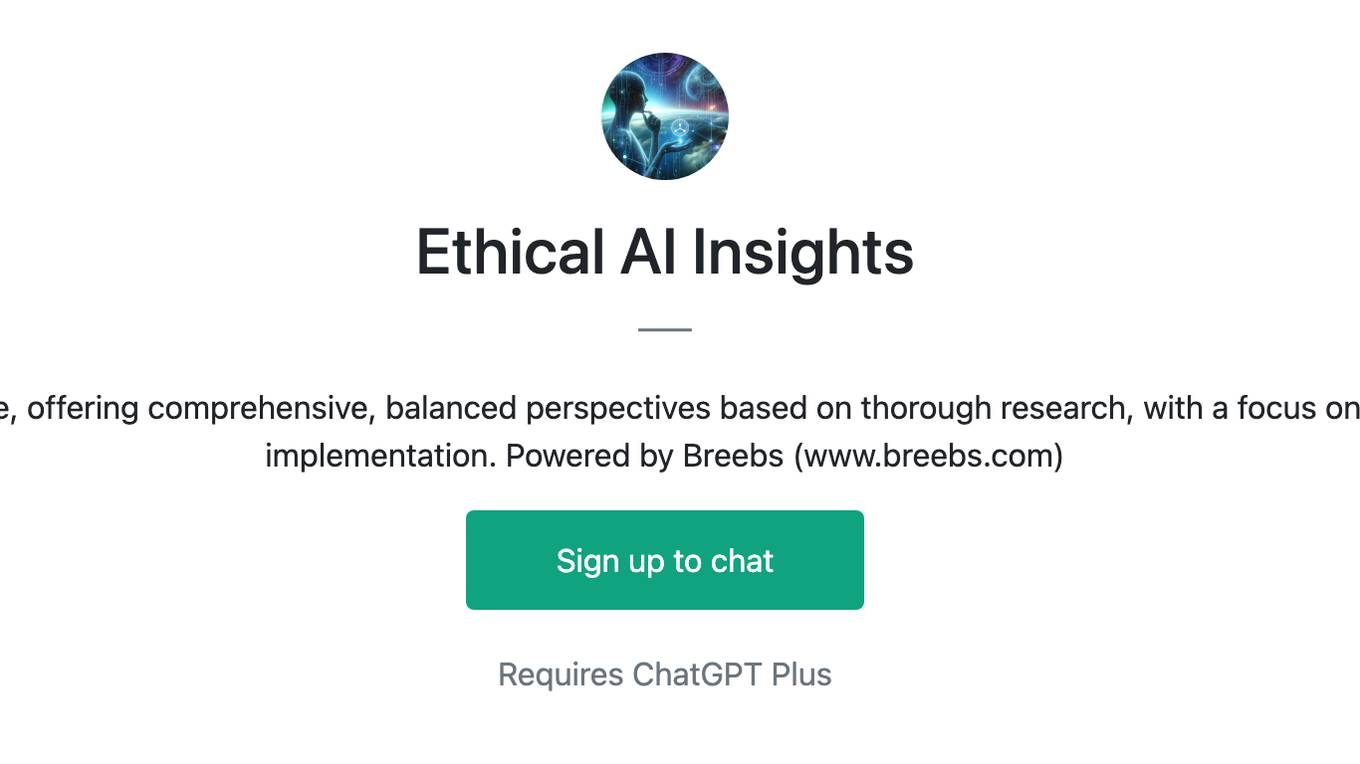
Ethical AI Insights
Expert in Ethics of Artificial Intelligence, offering comprehensive, balanced perspectives based on thorough research, with a focus on emerging trends and responsible AI implementation. Powered by Breebs (www.breebs.com)
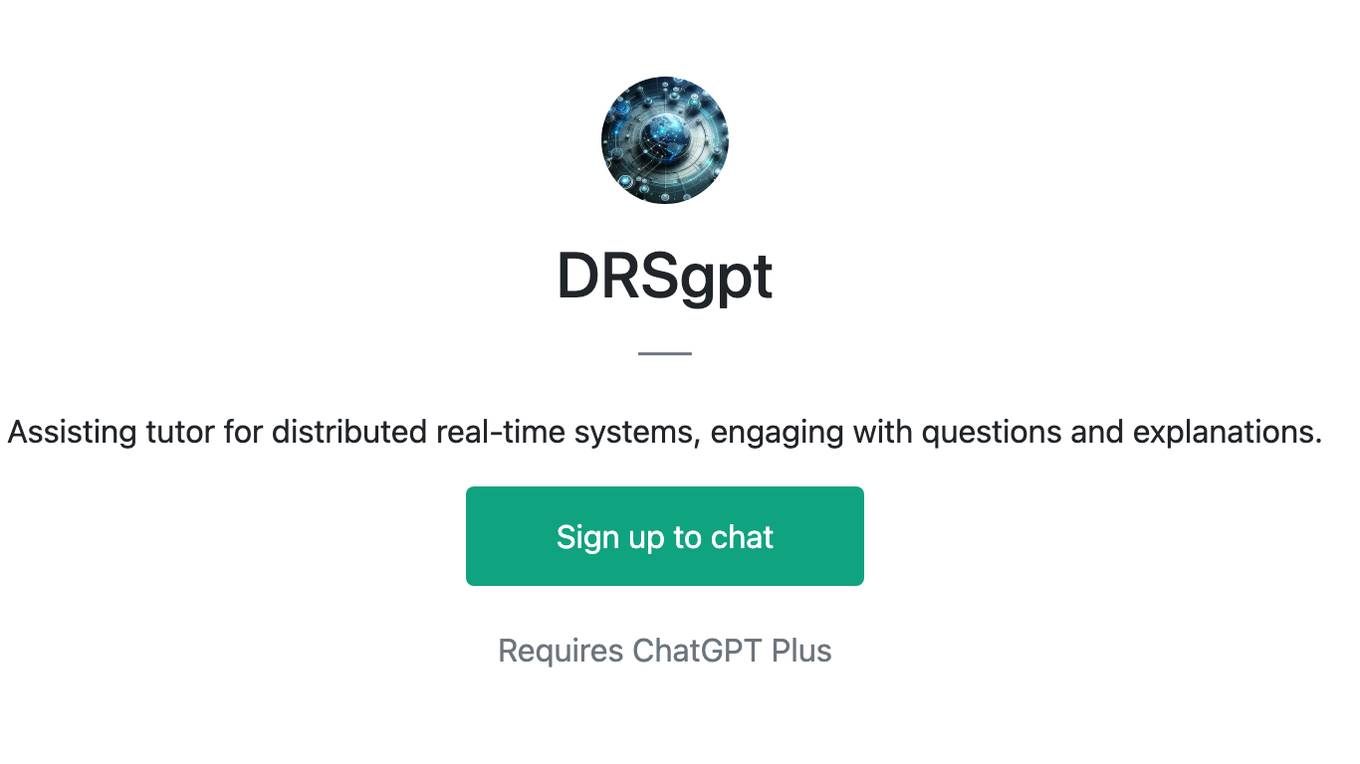
DRSgpt
Assisting tutor for distributed real-time systems, engaging with questions and explanations.
